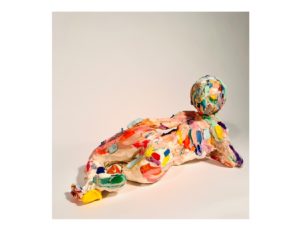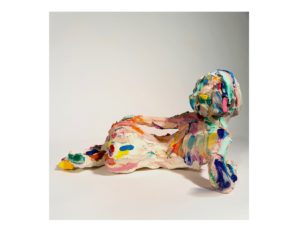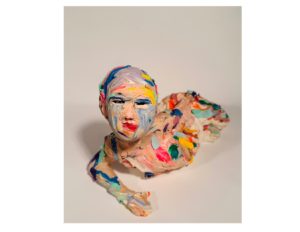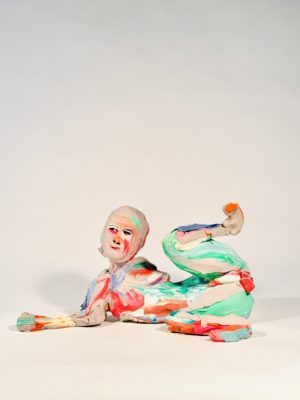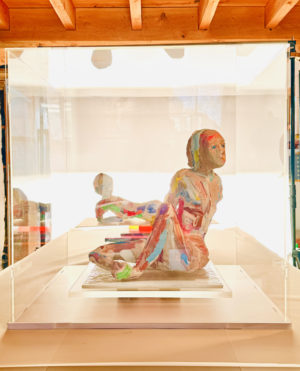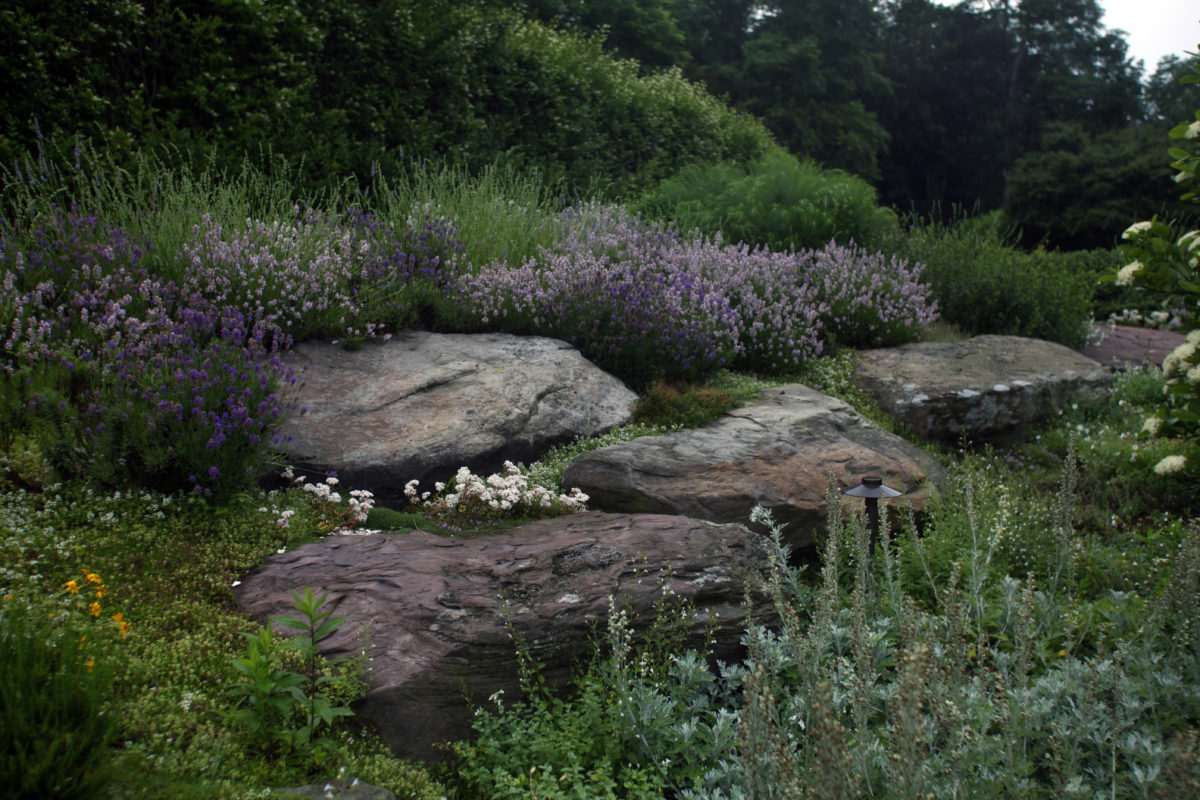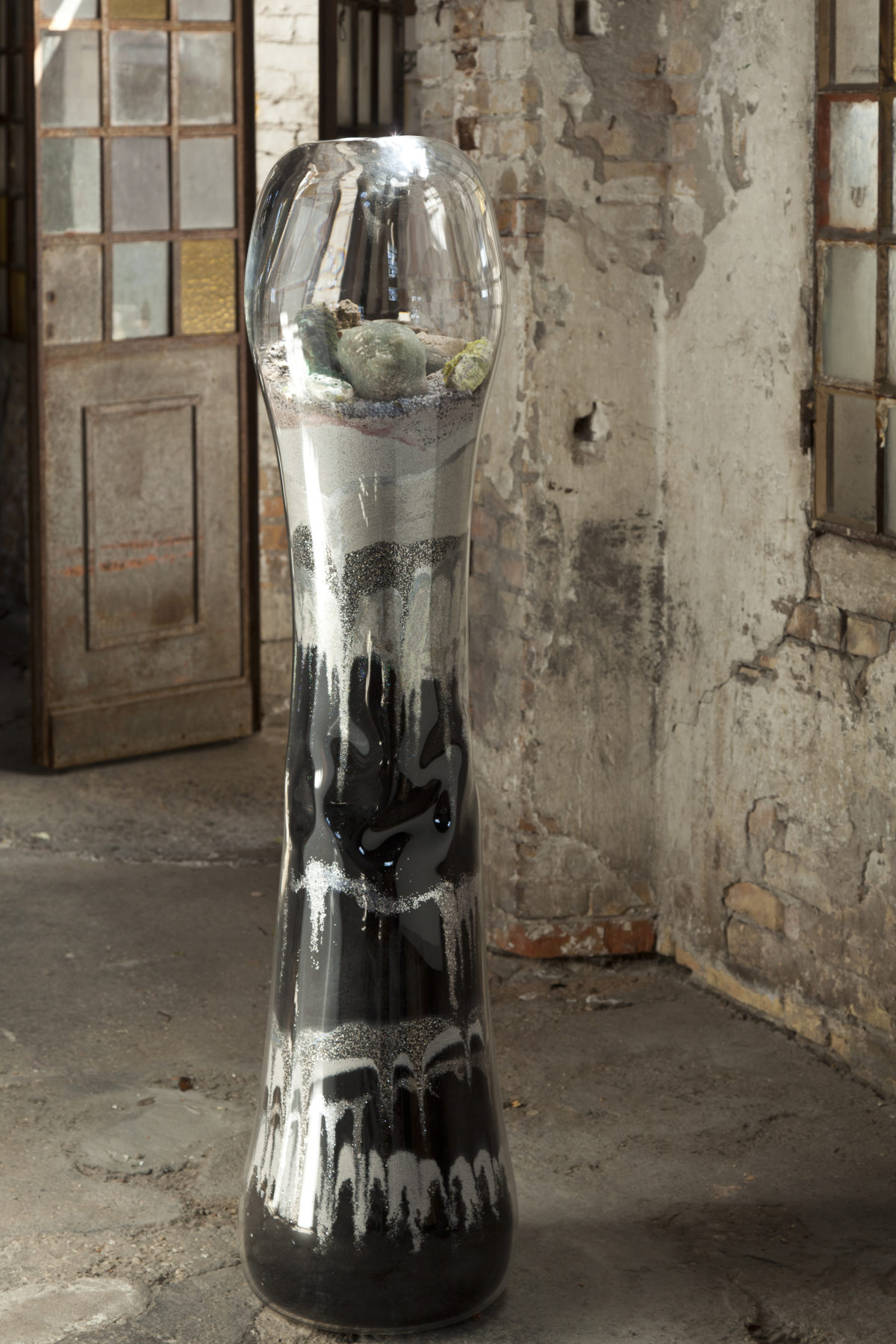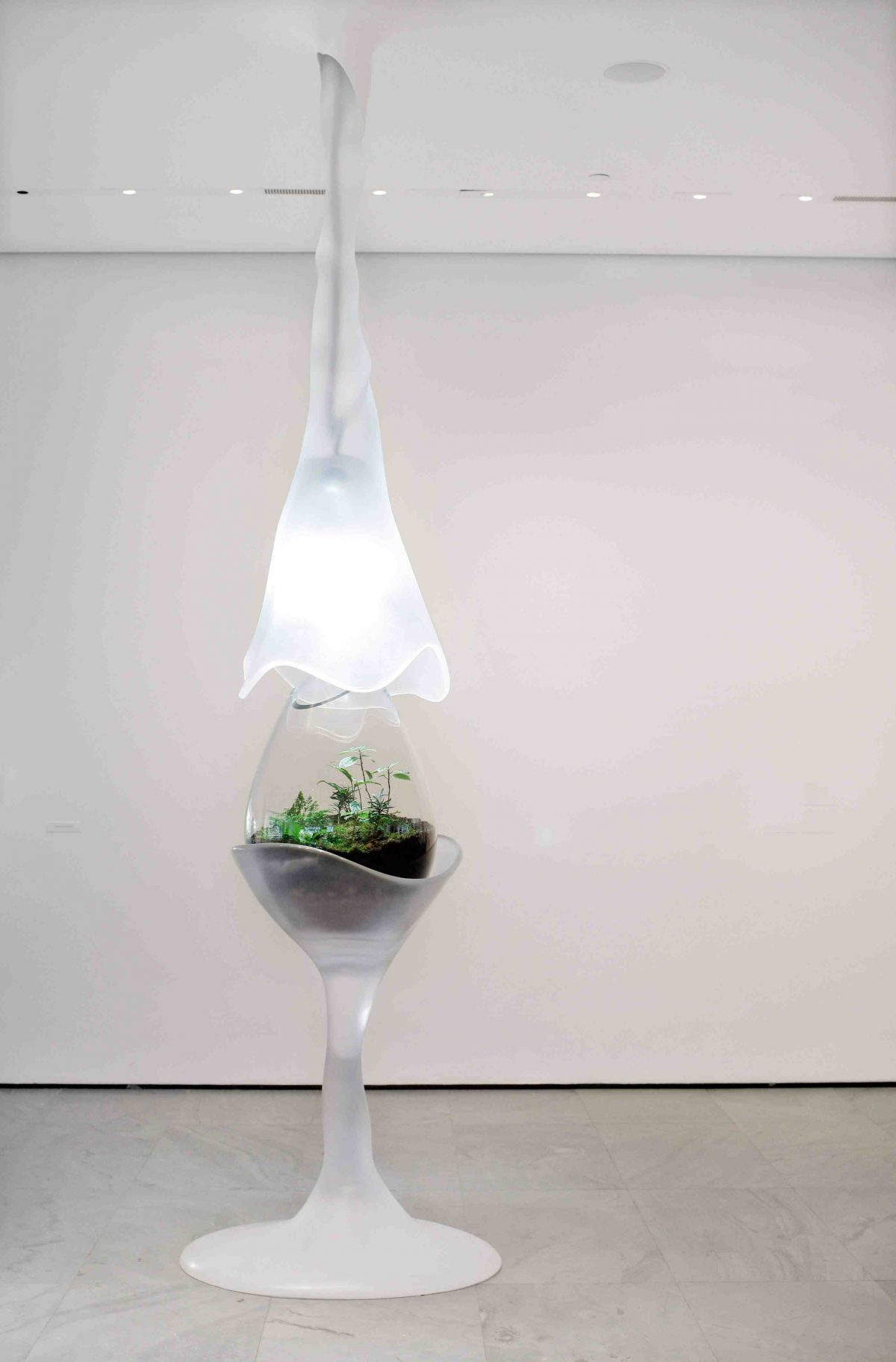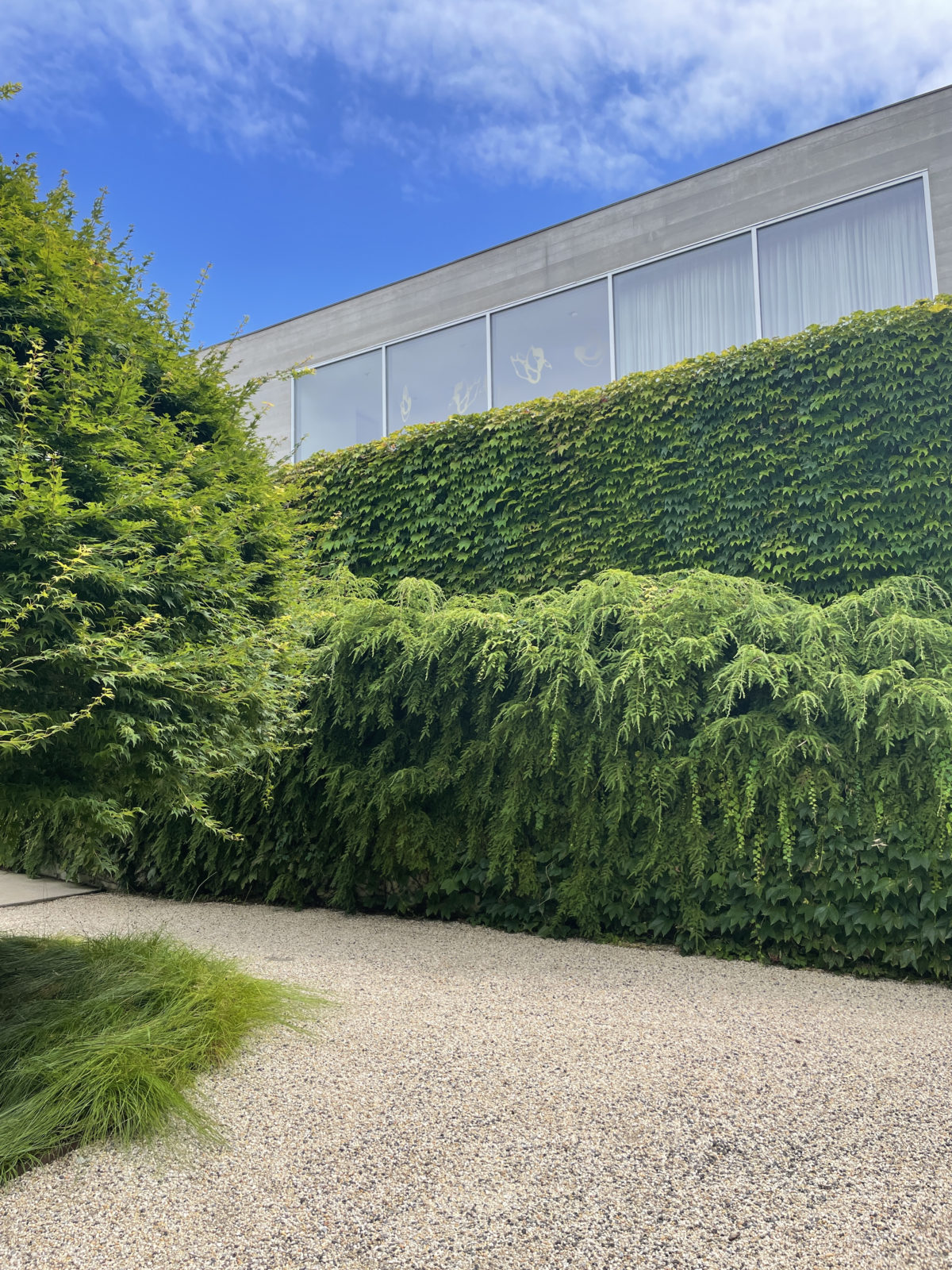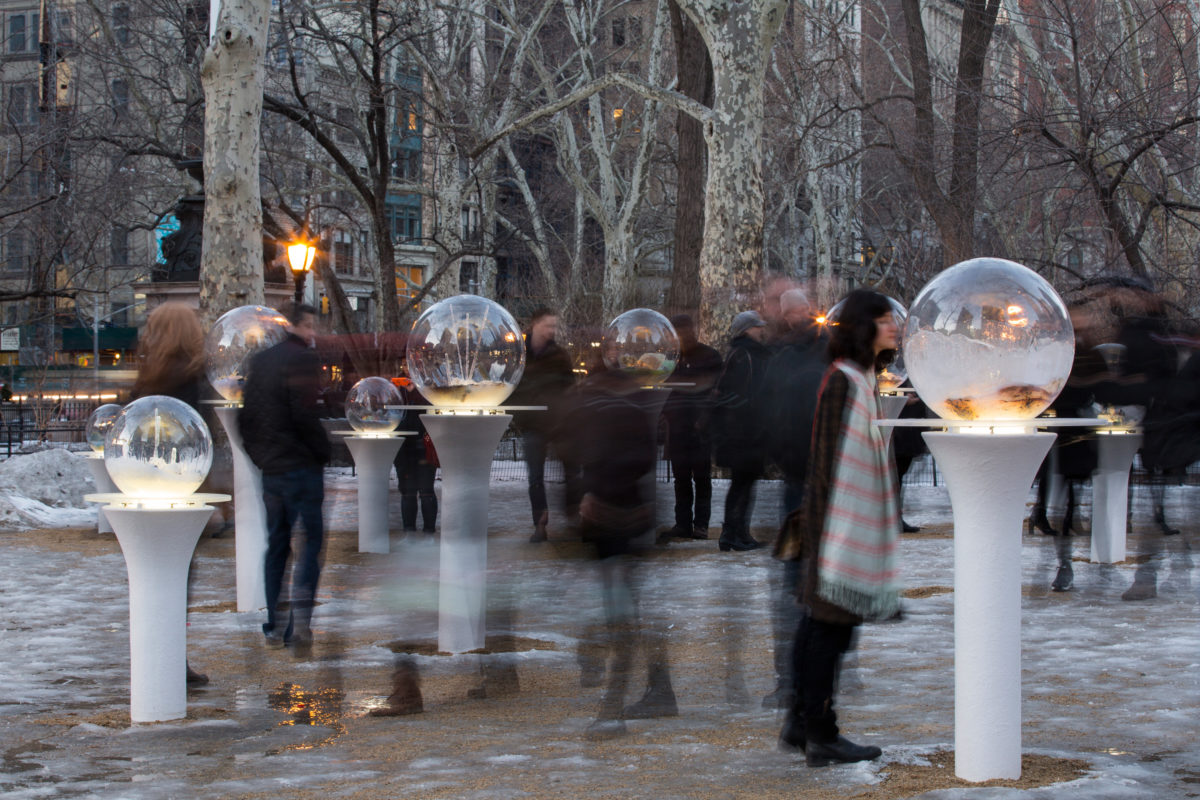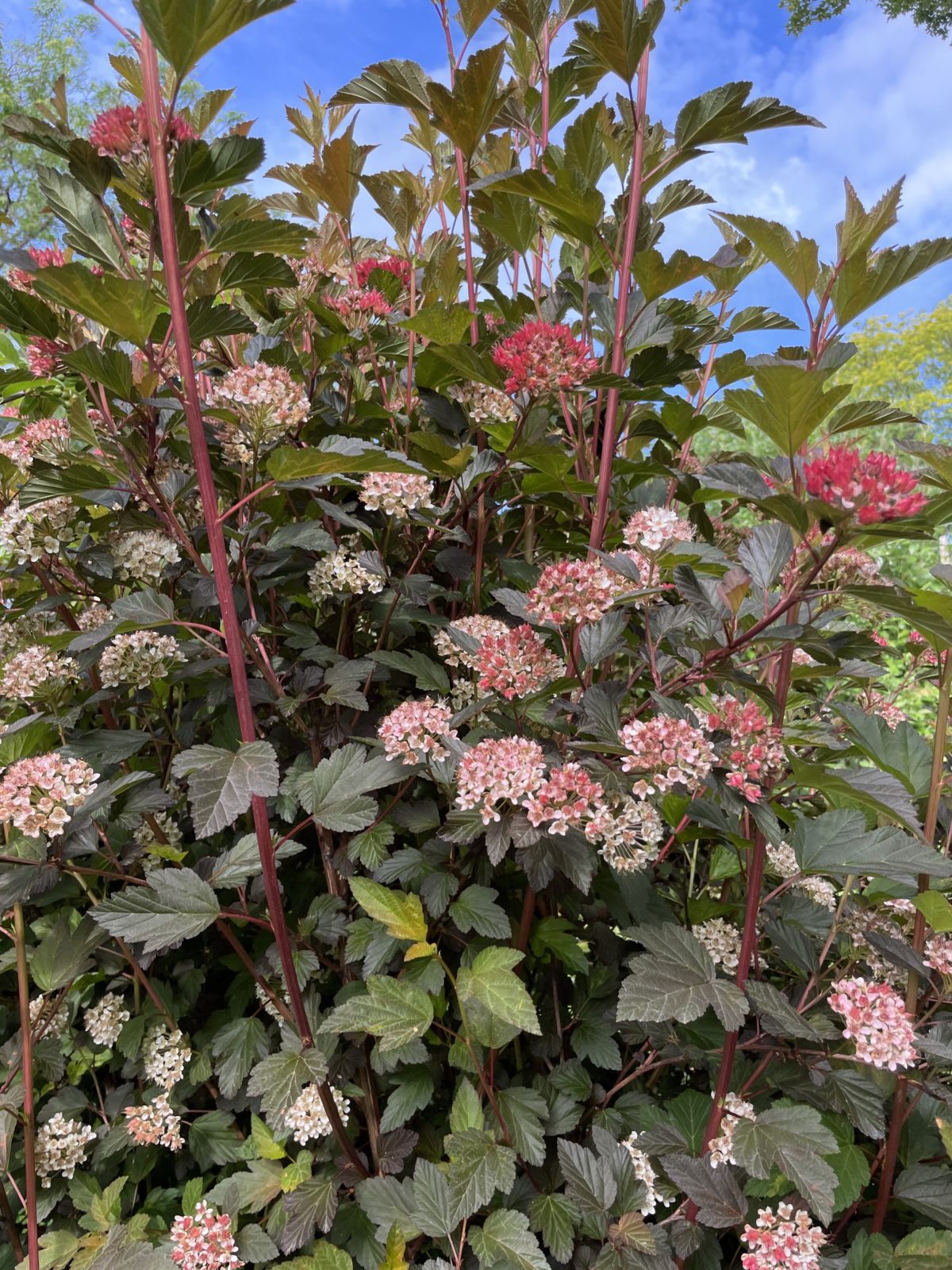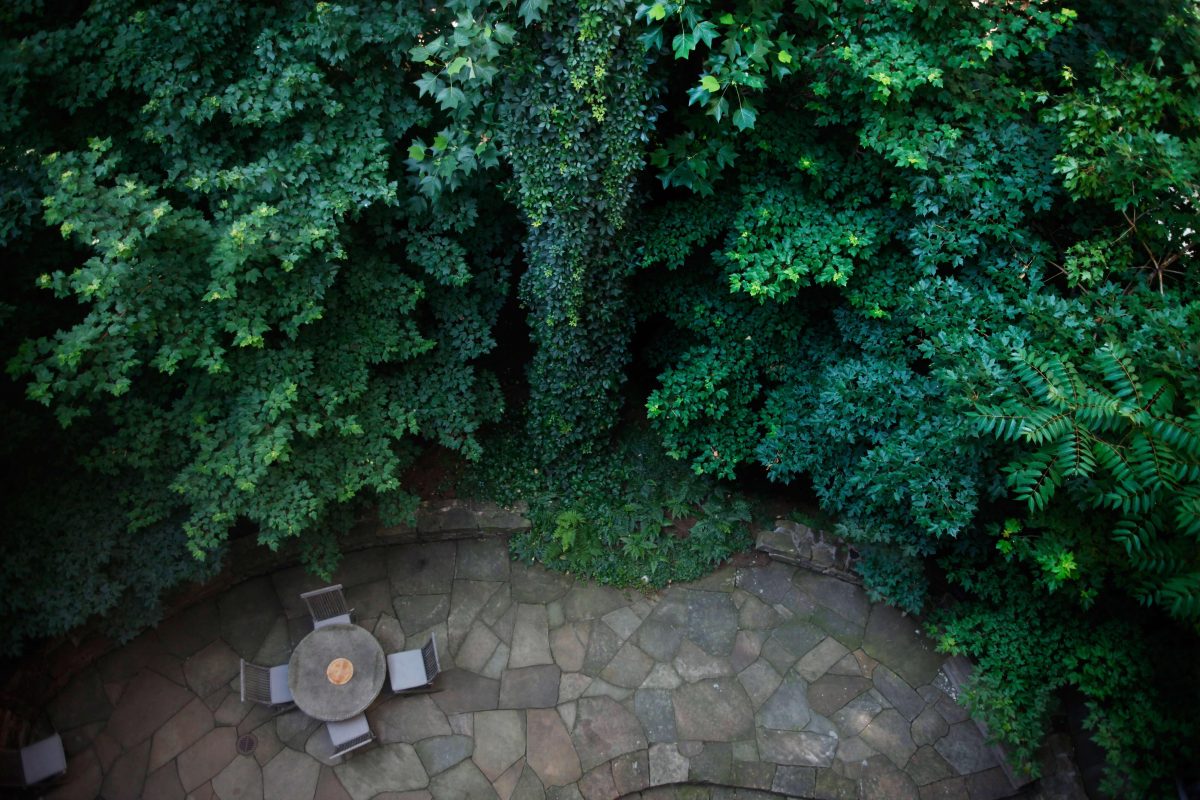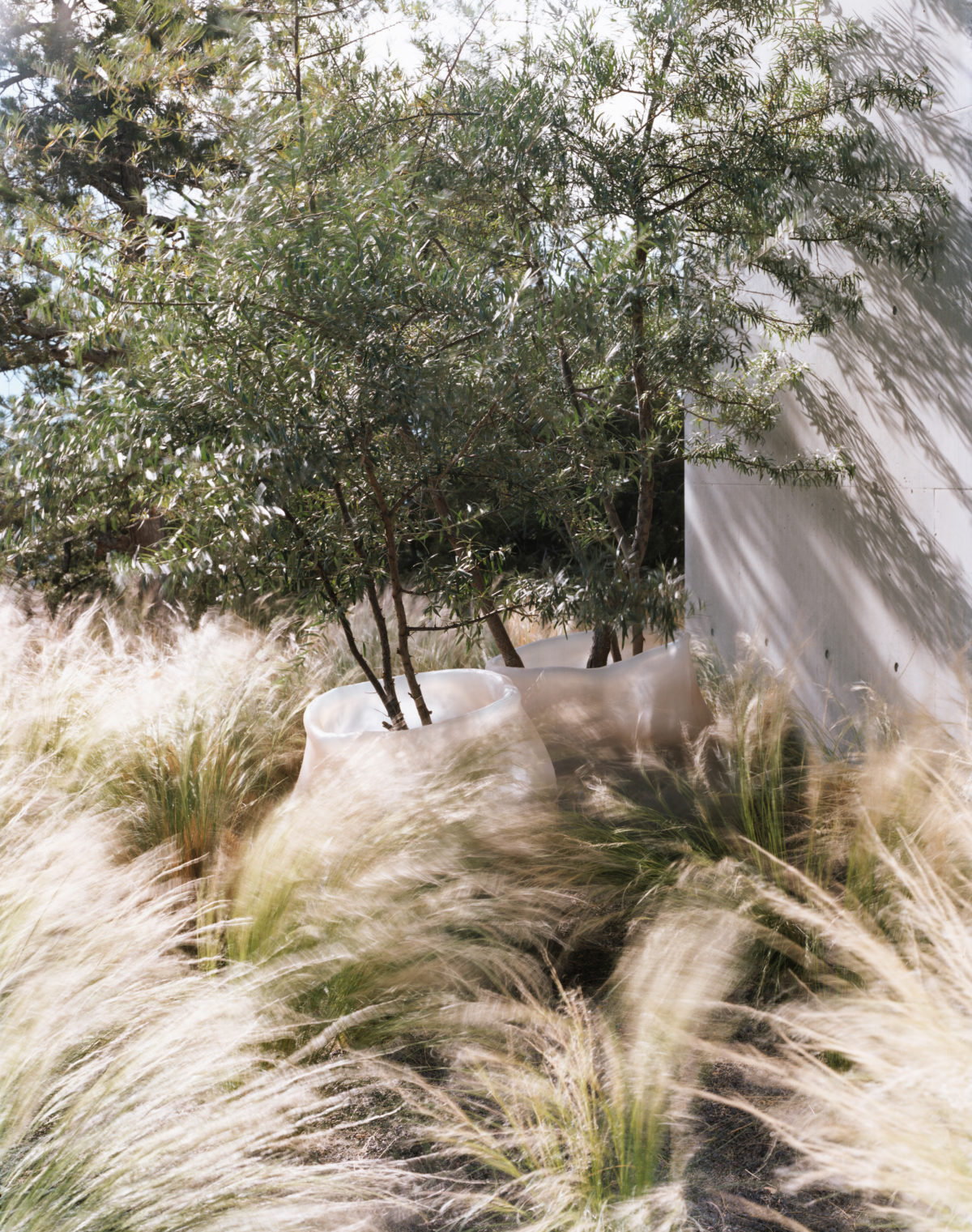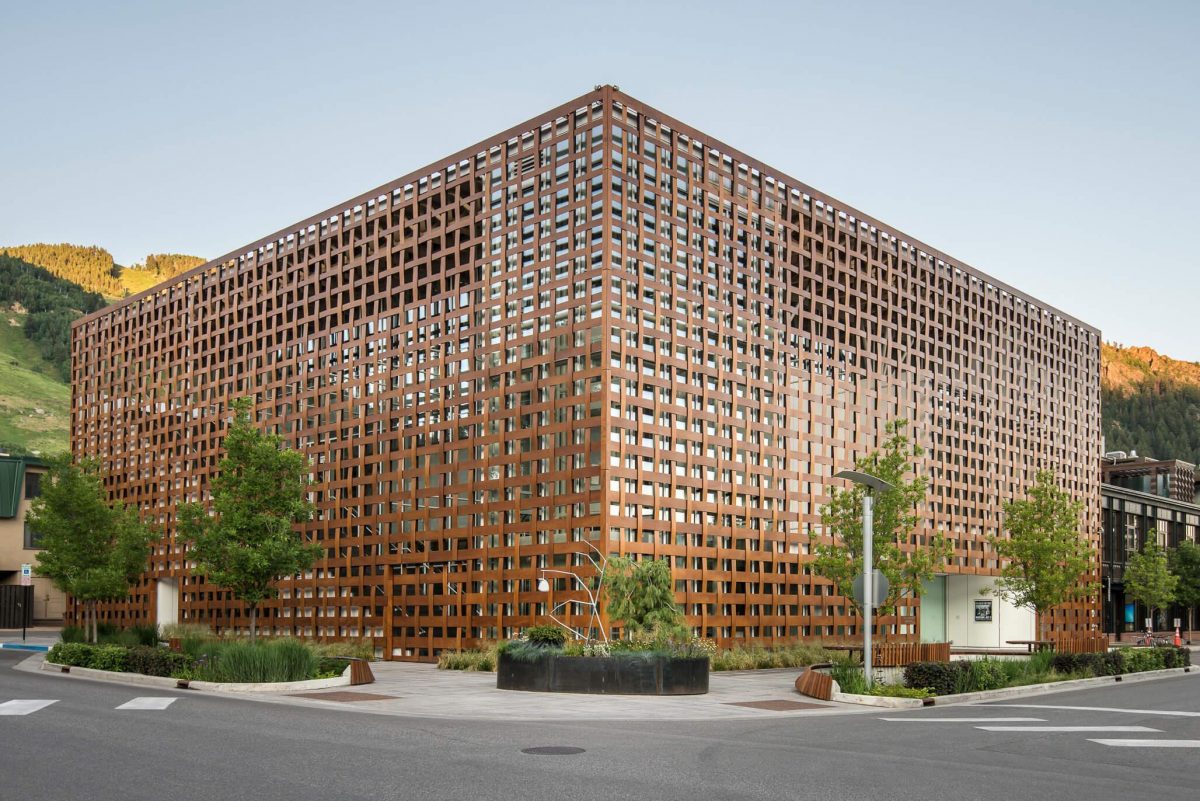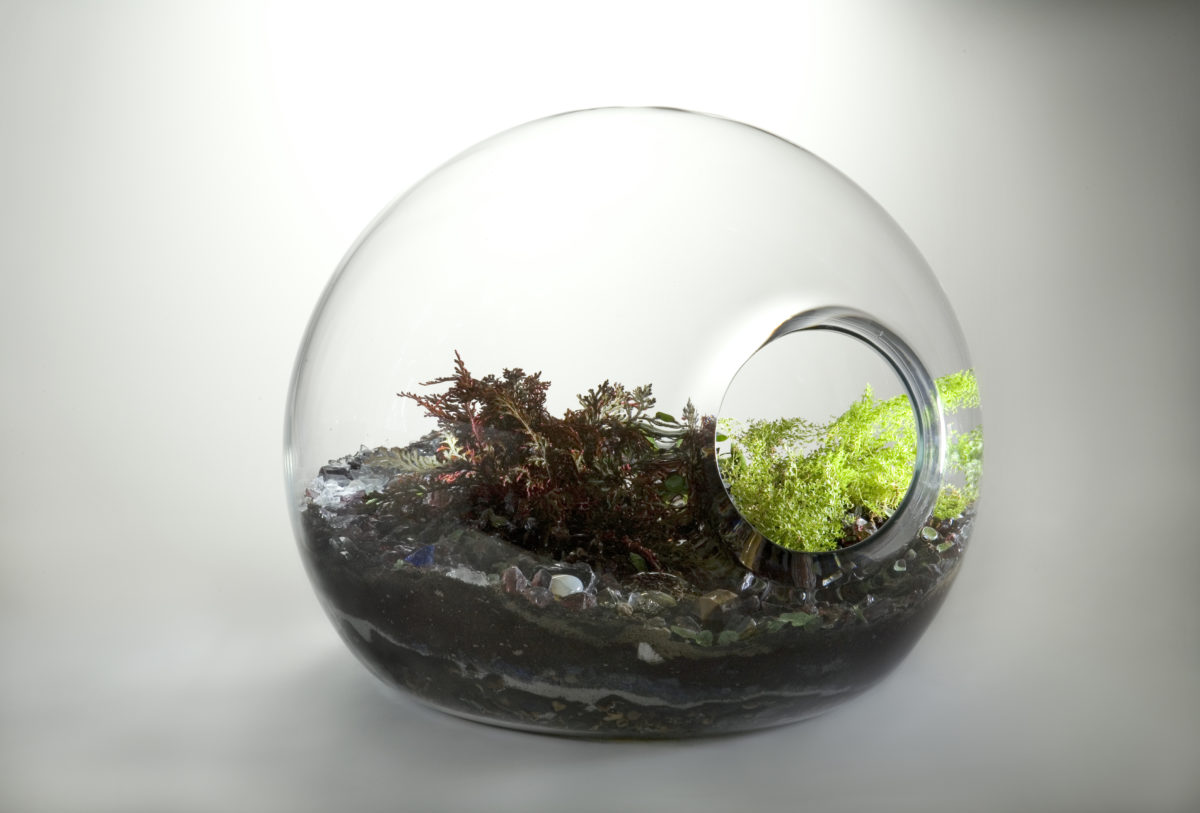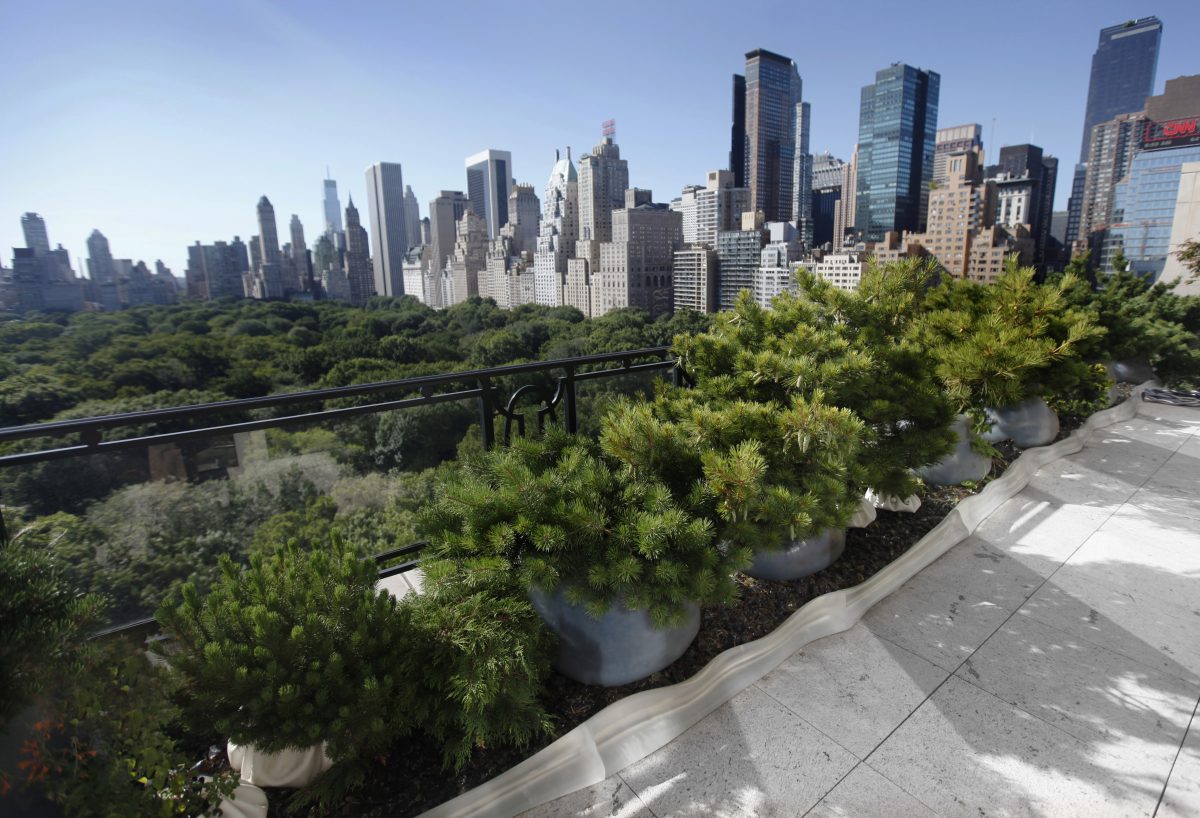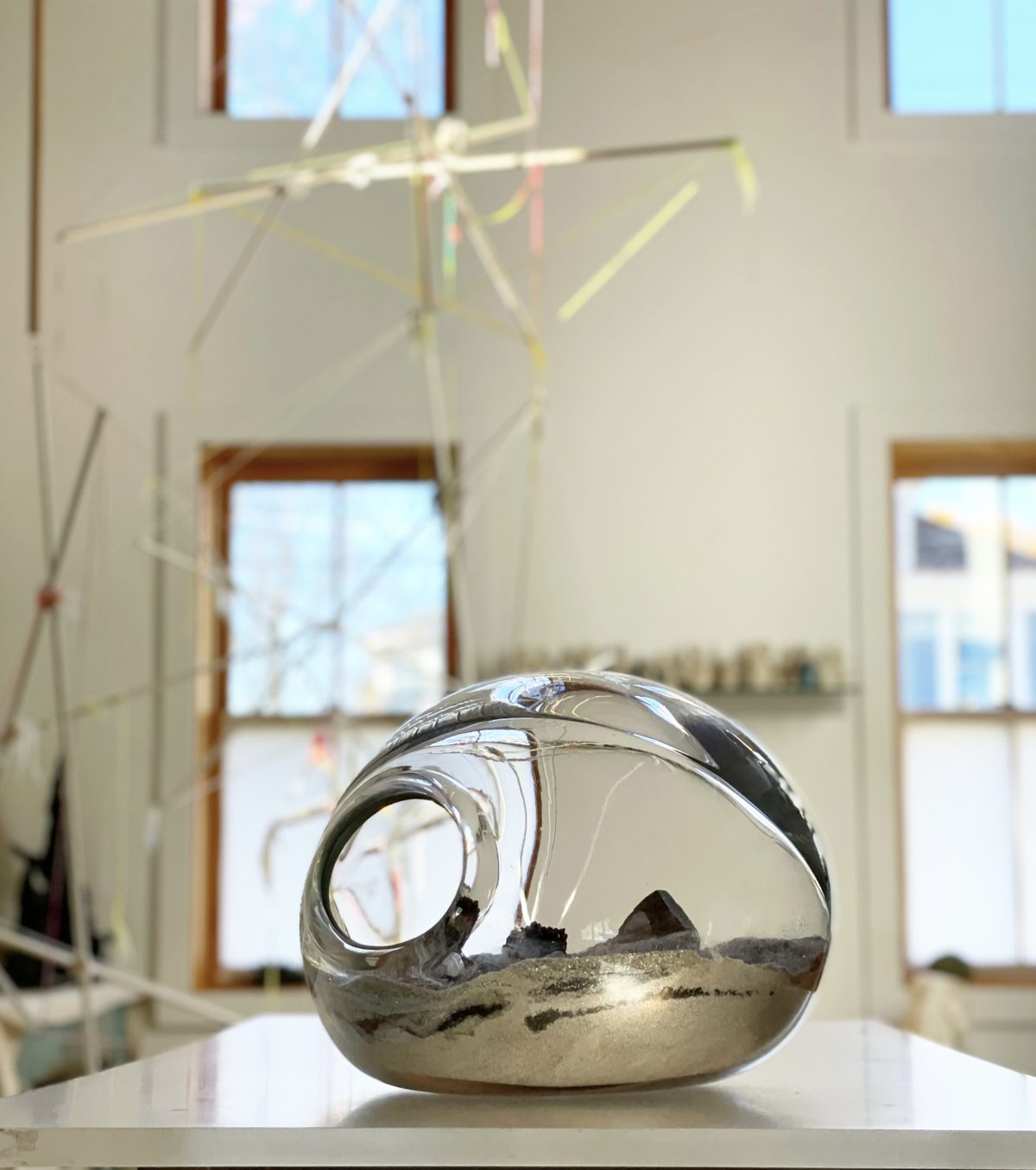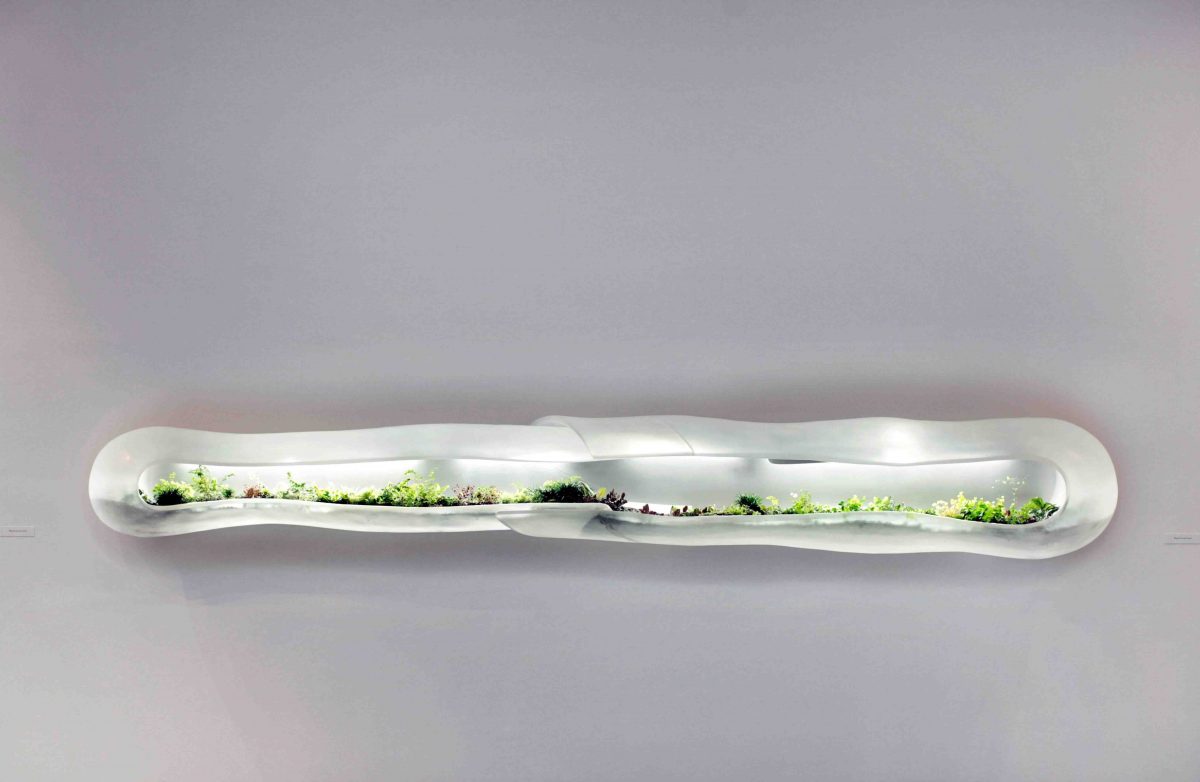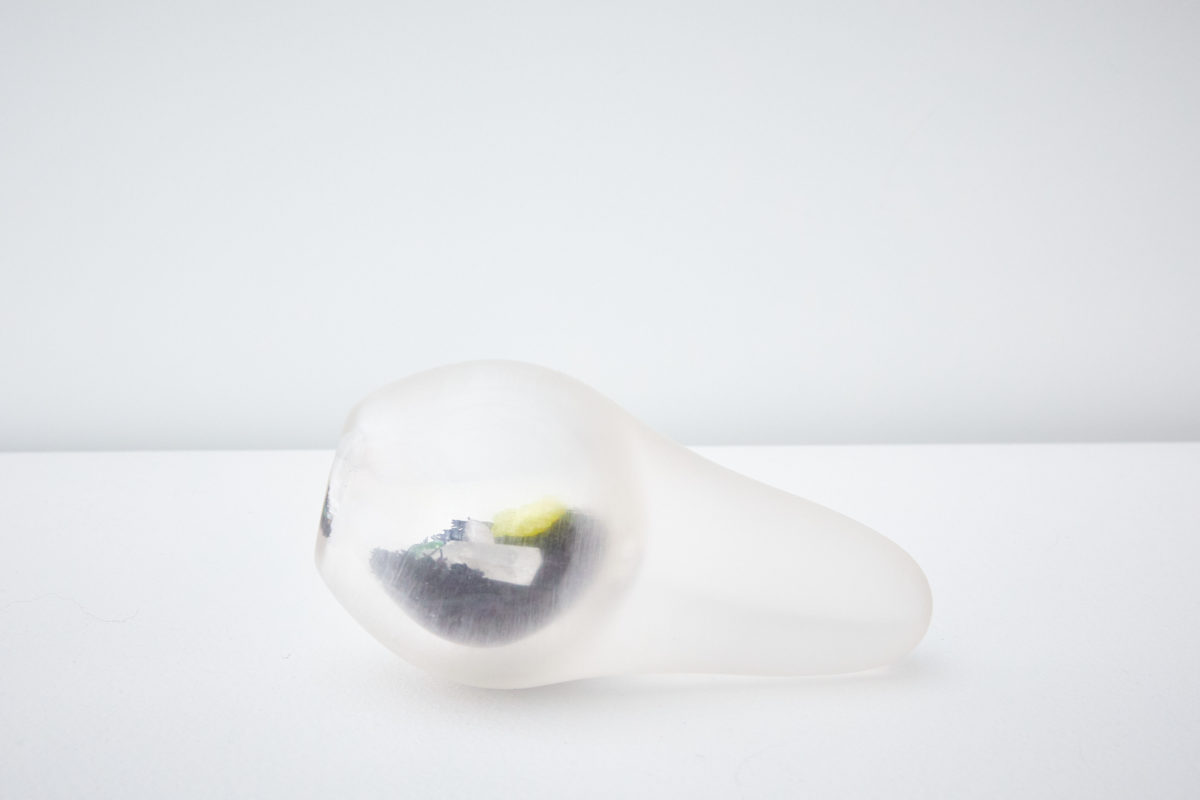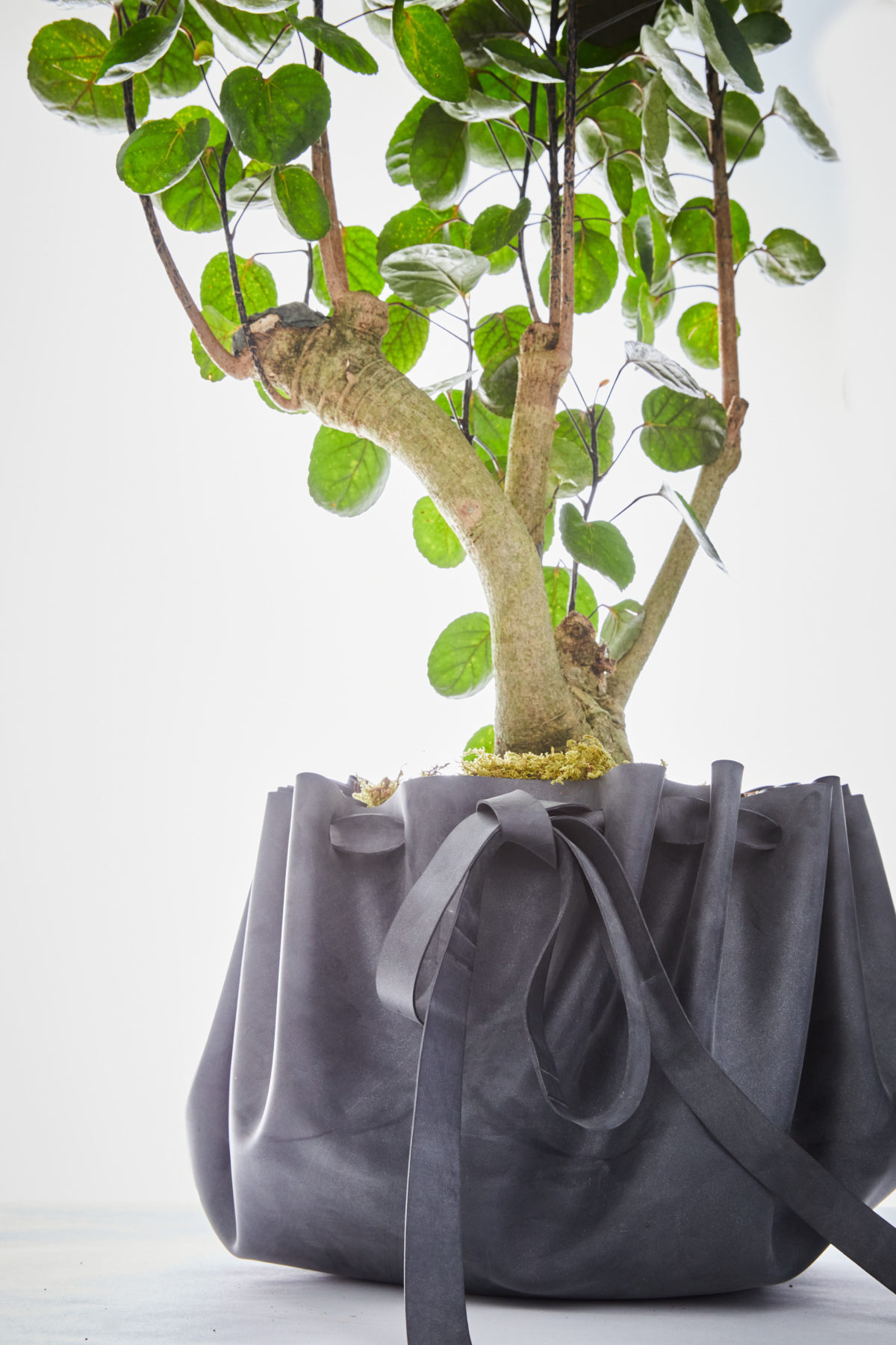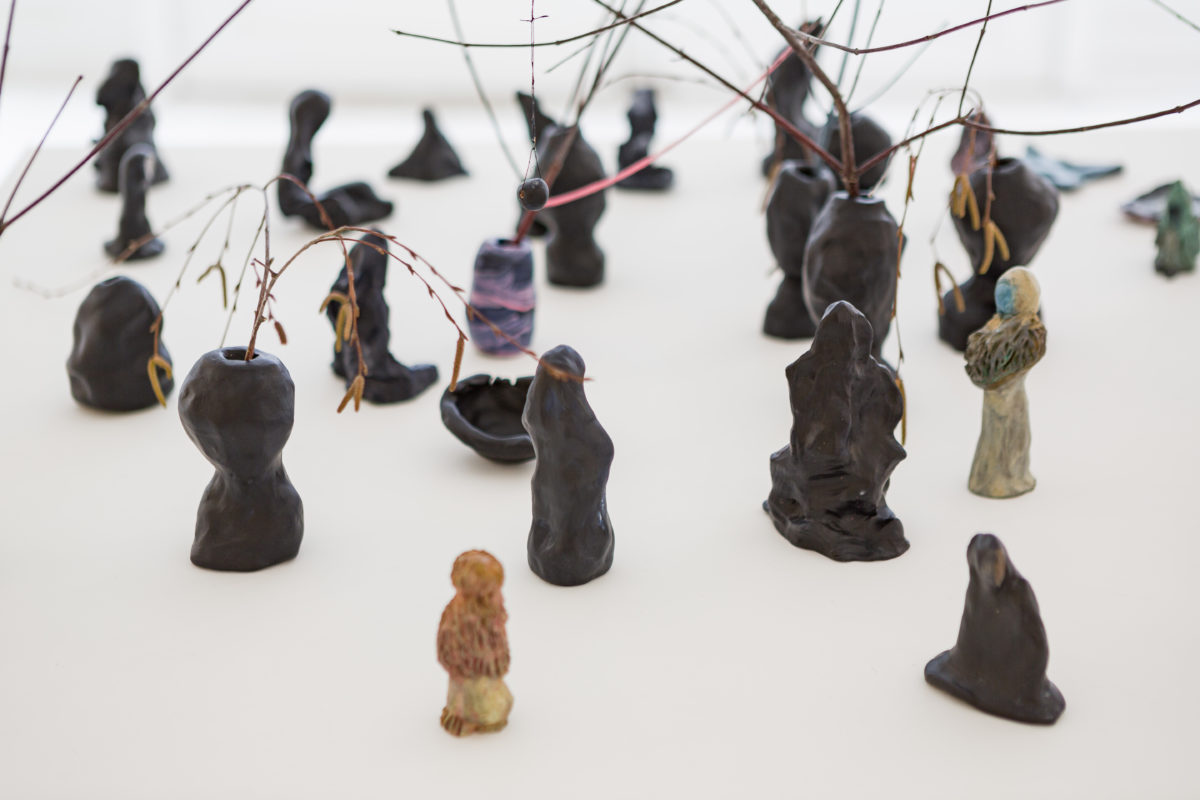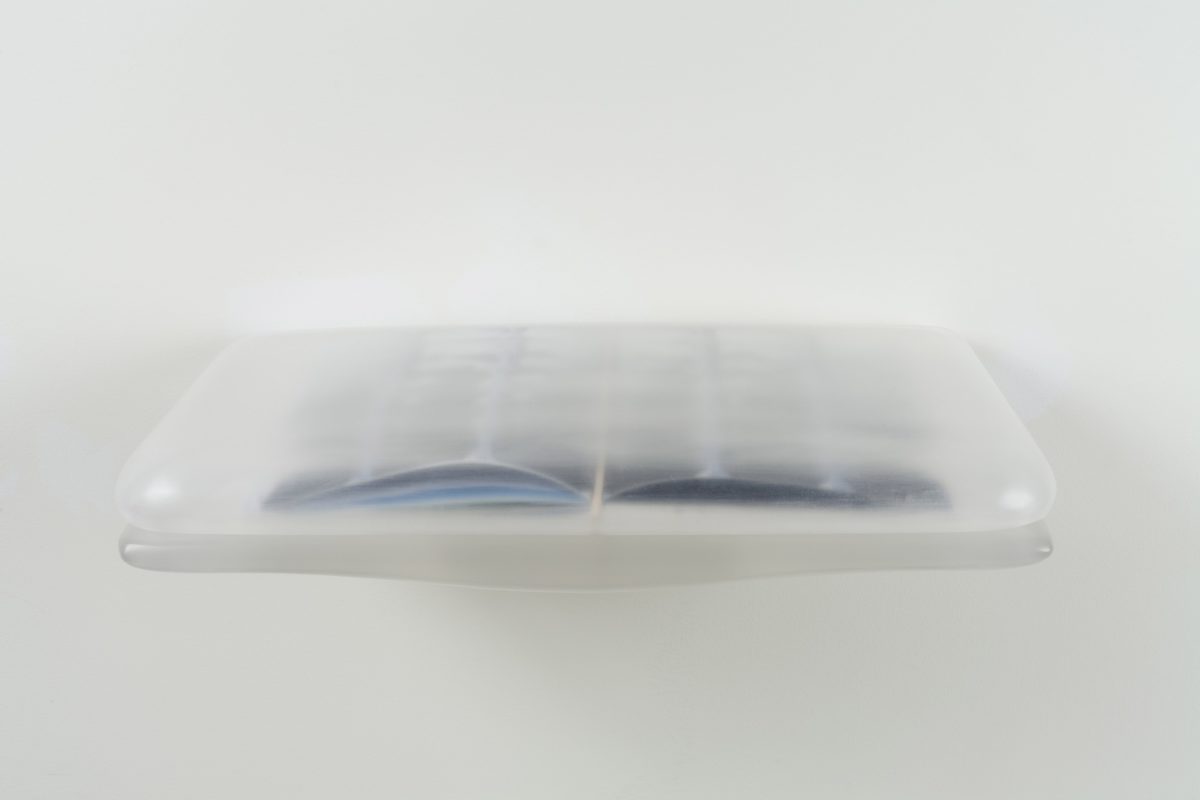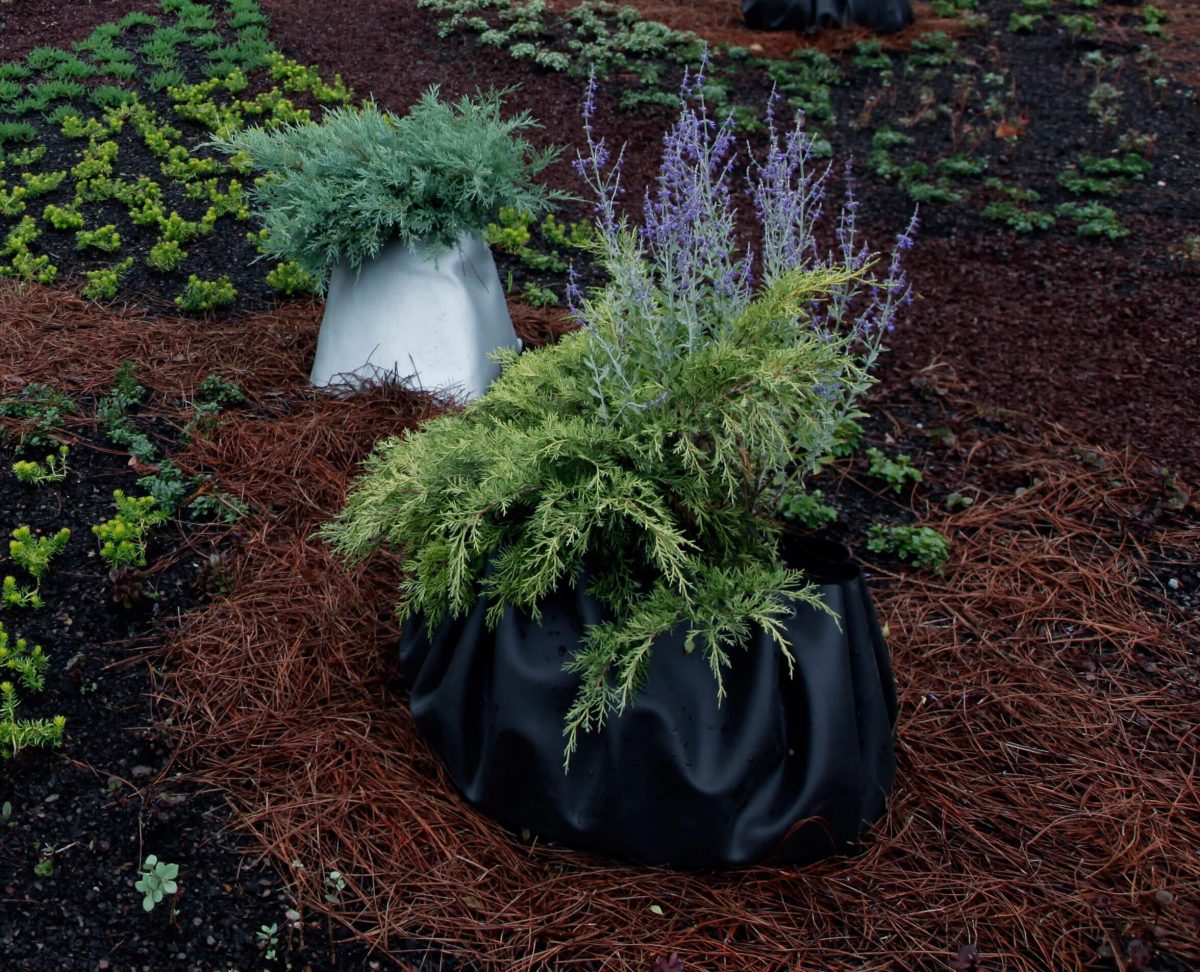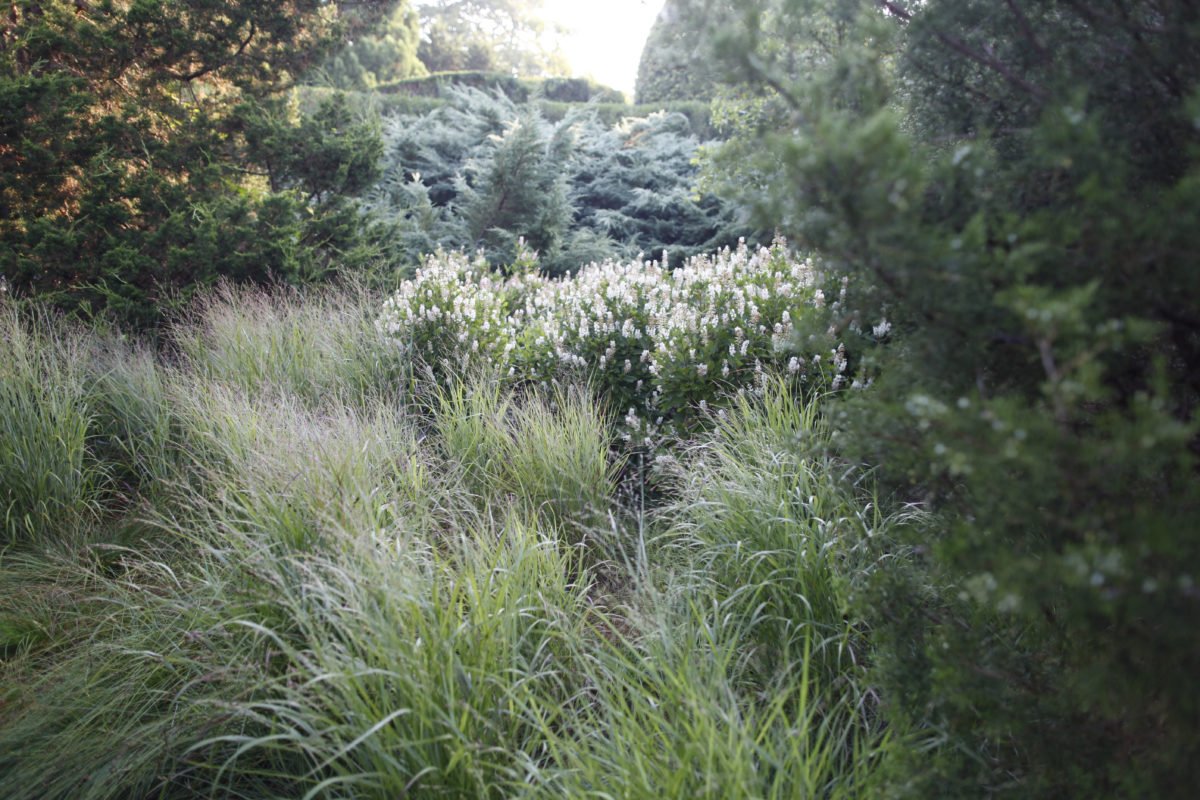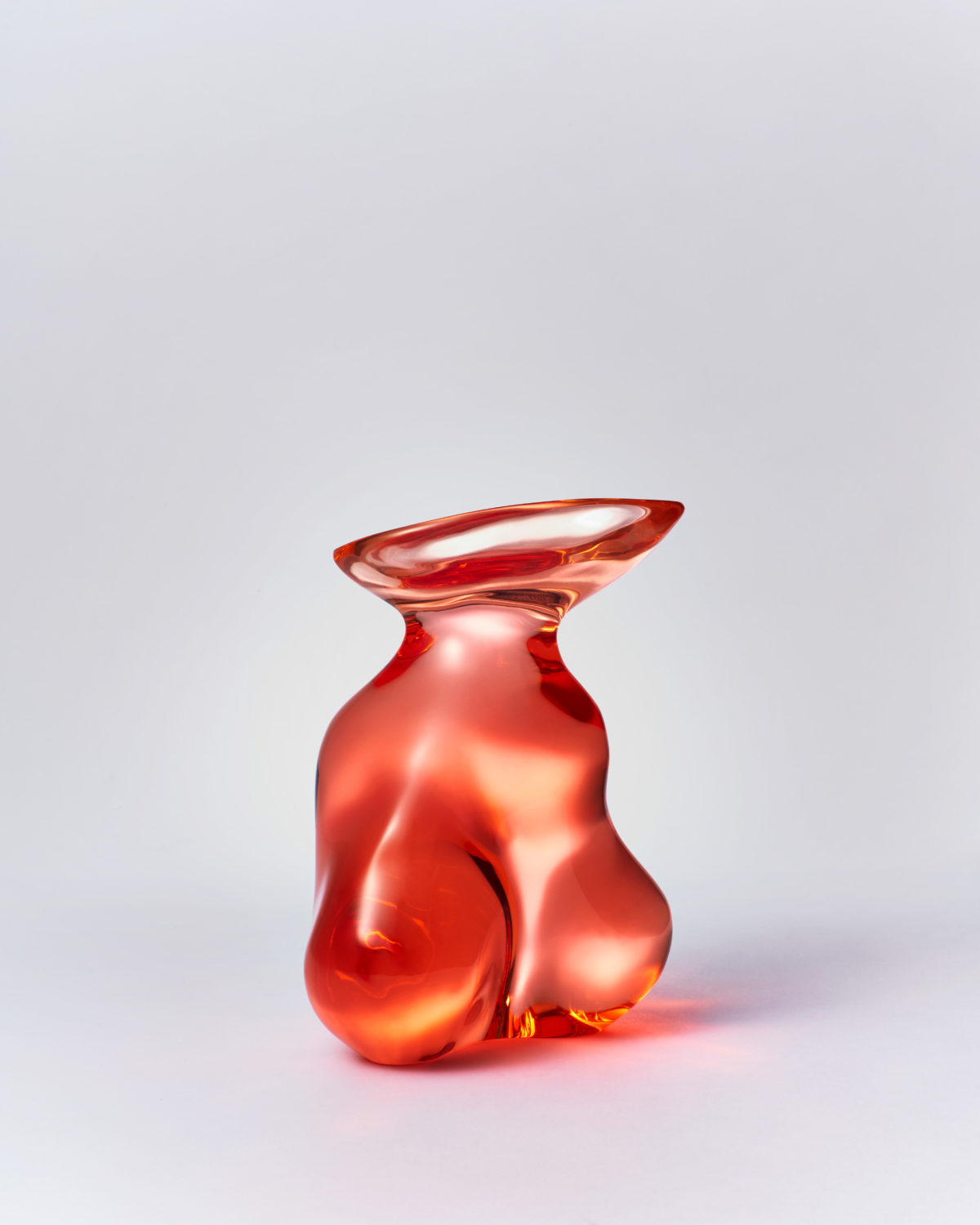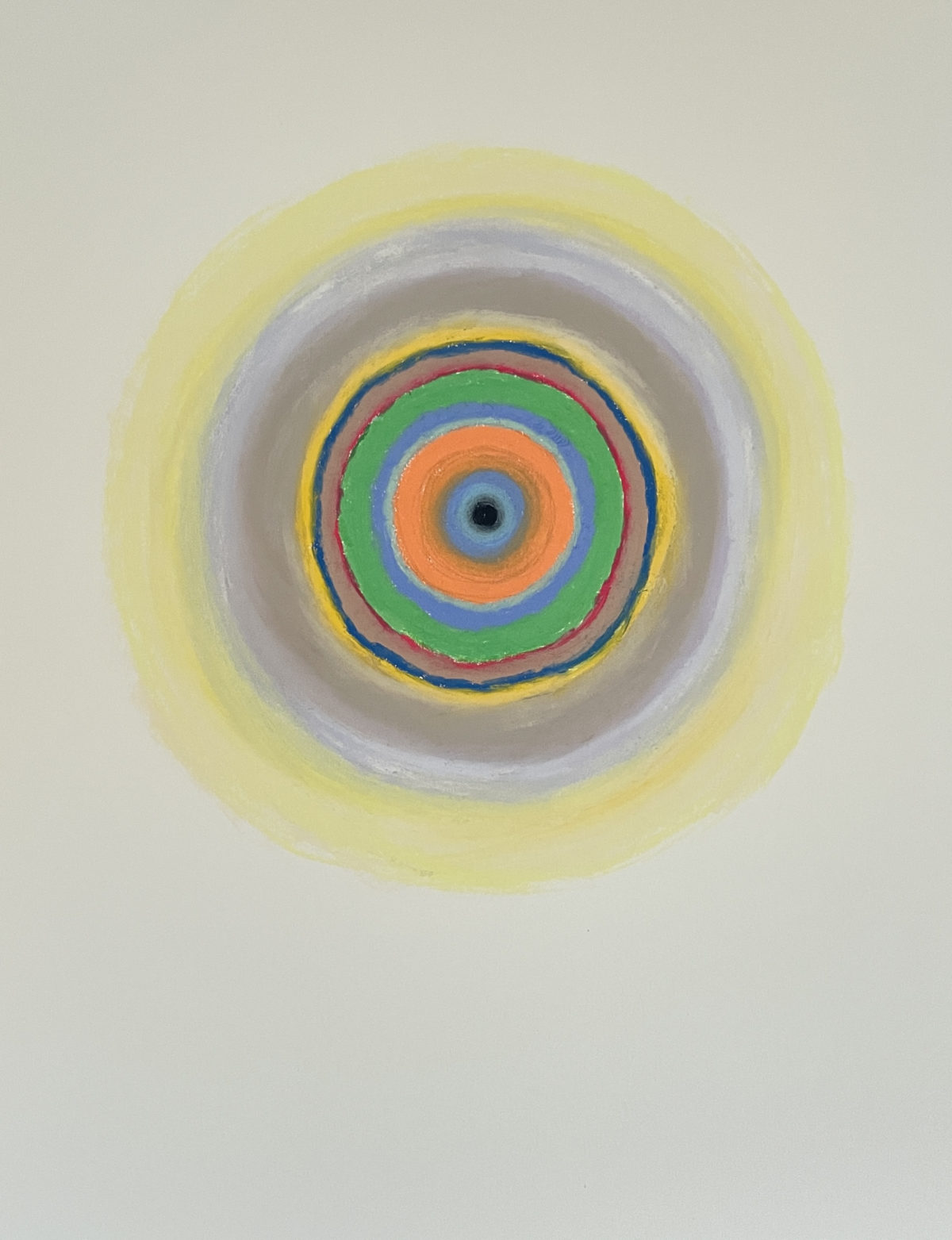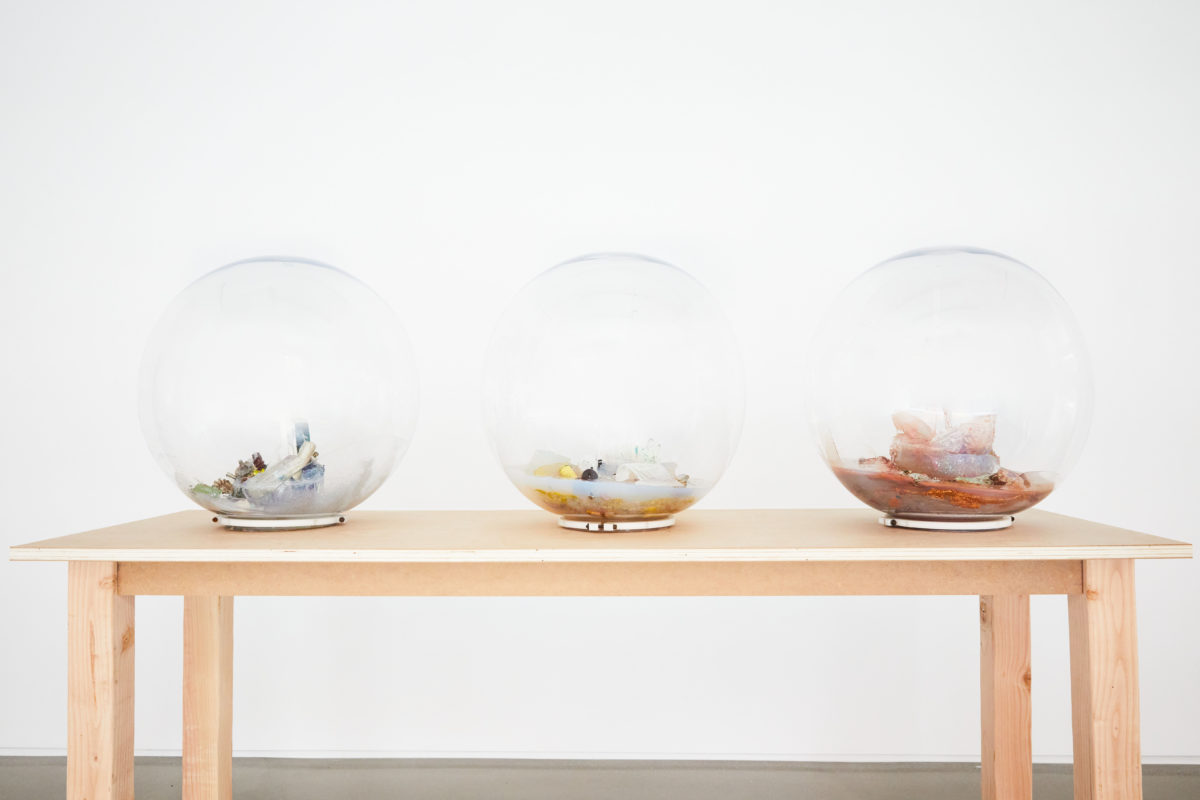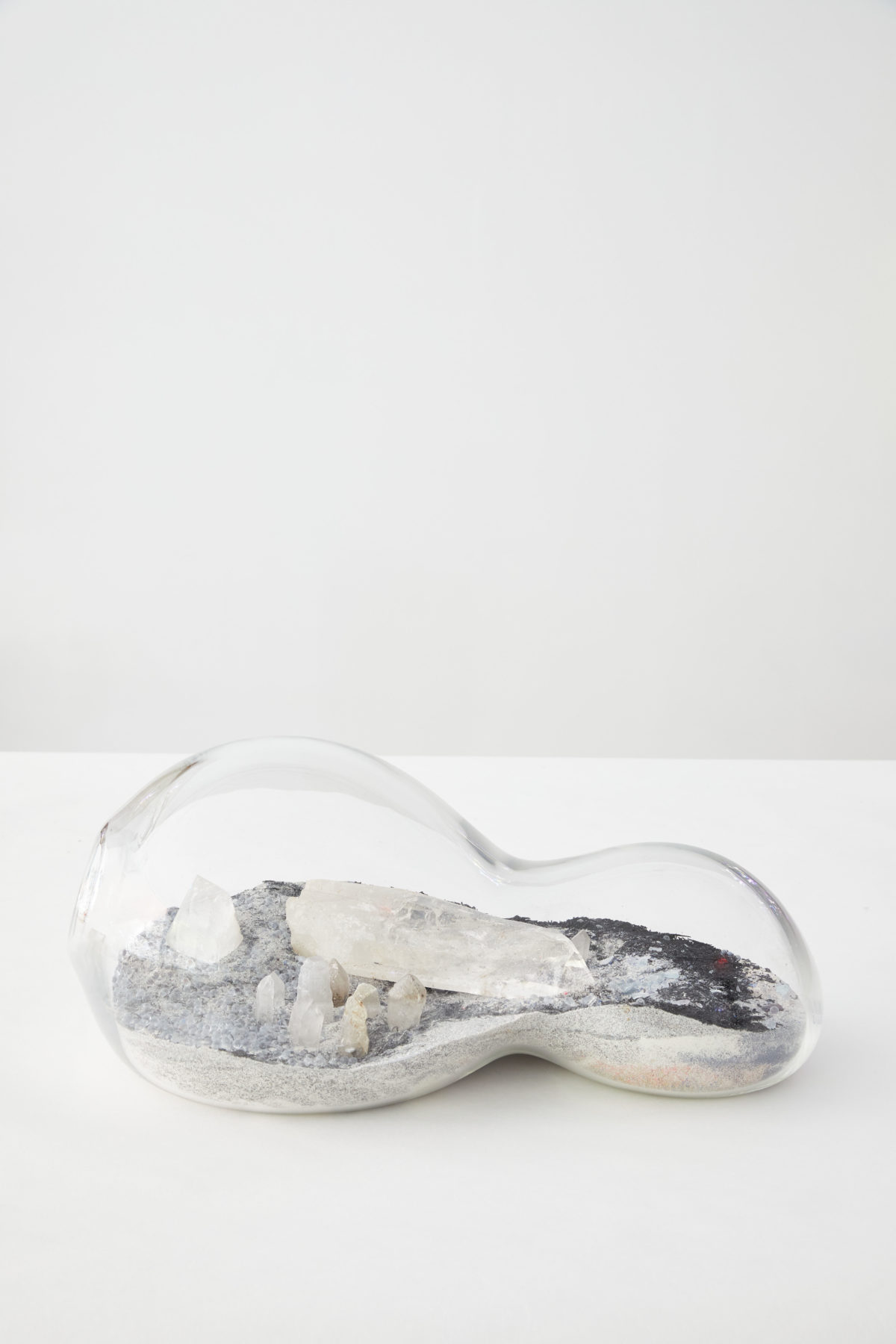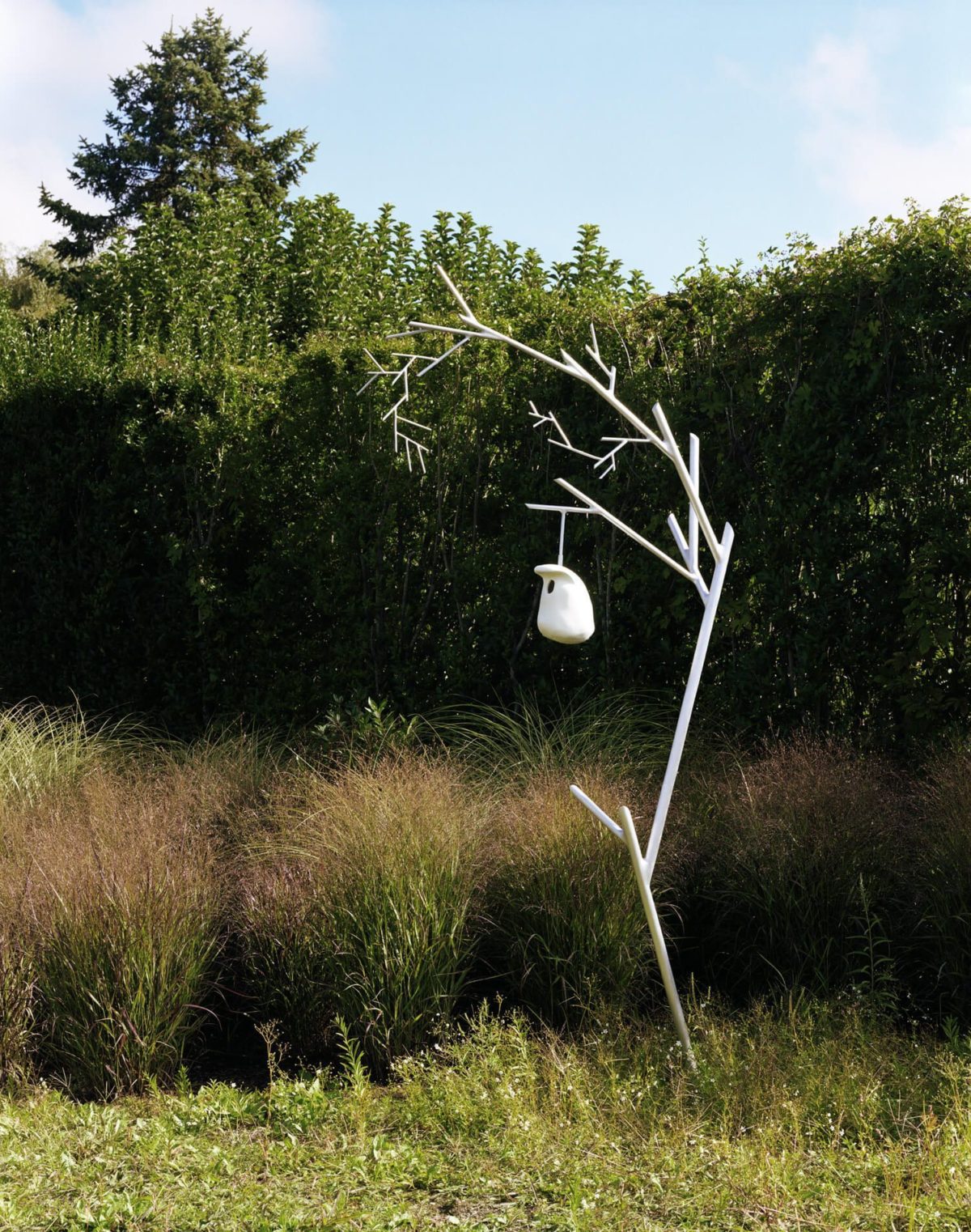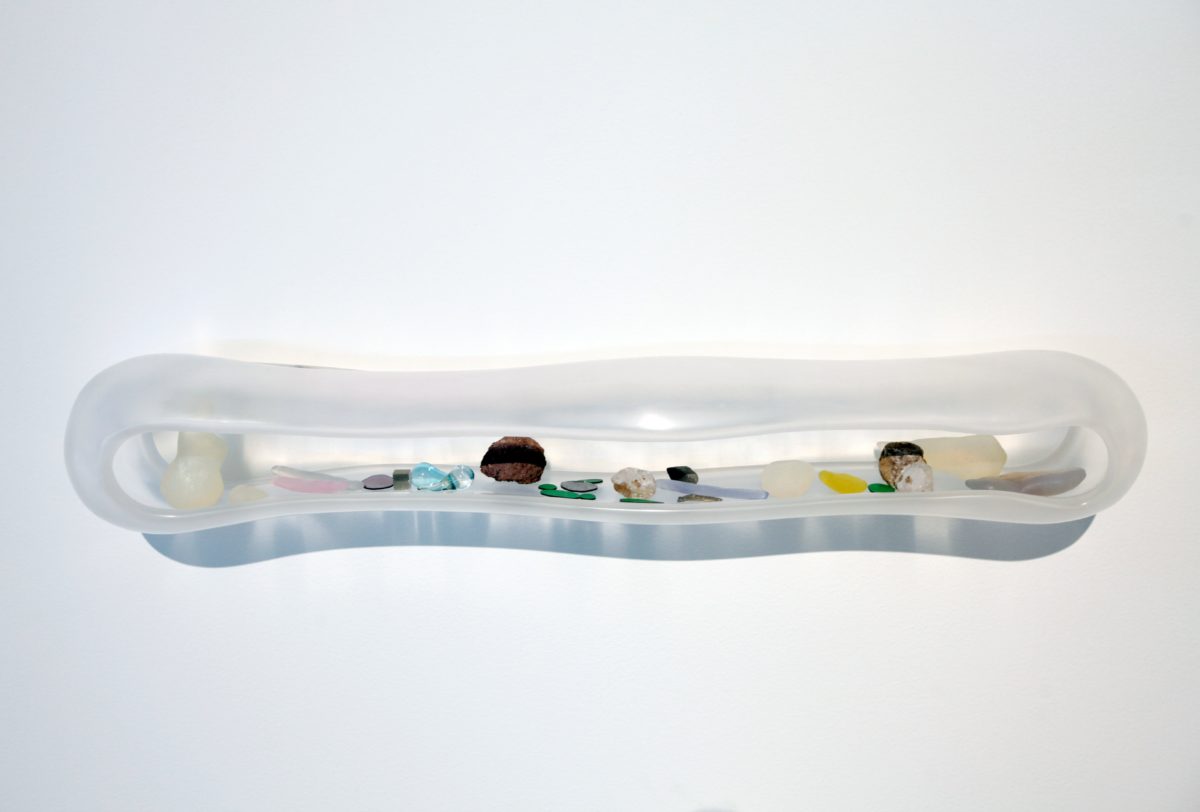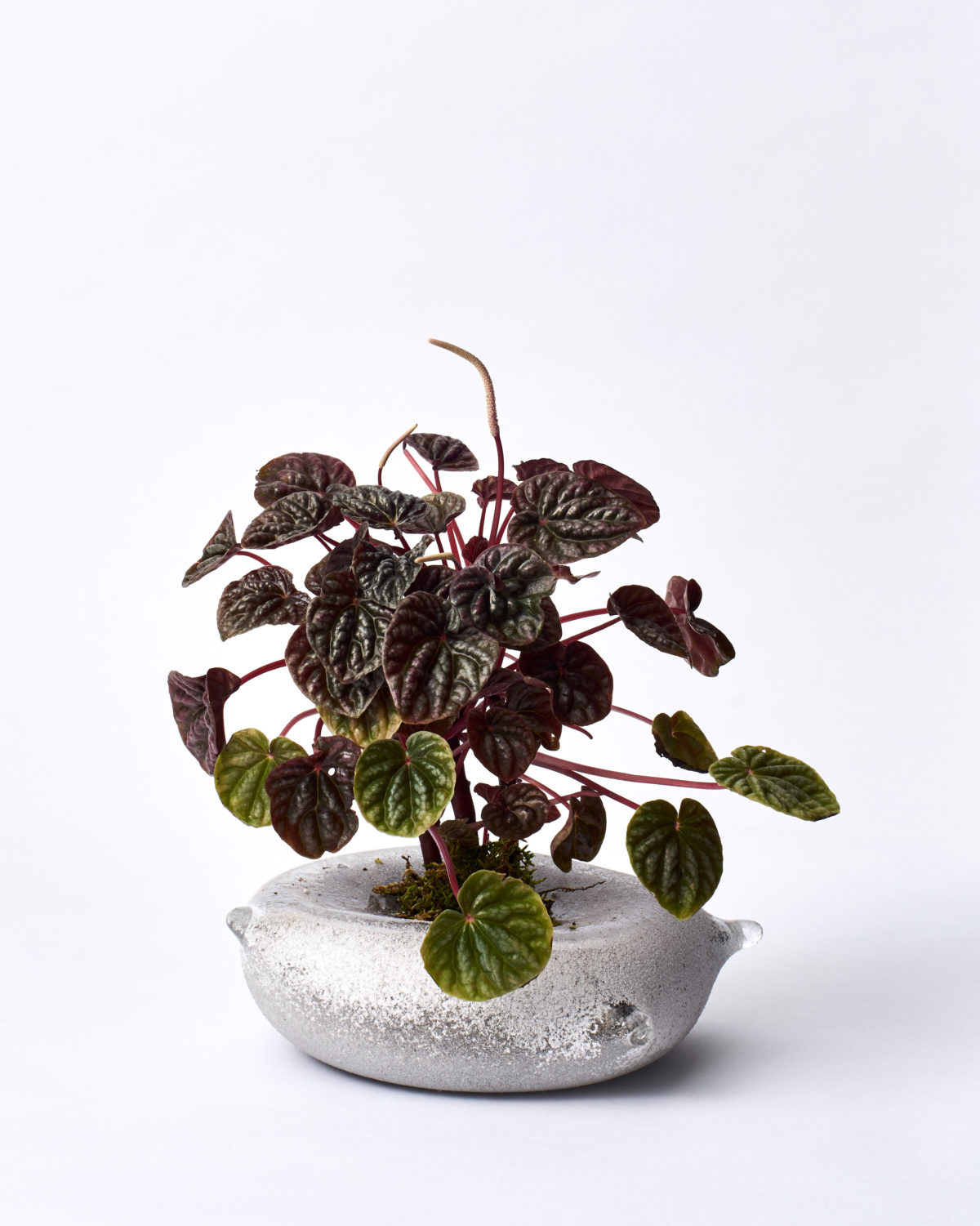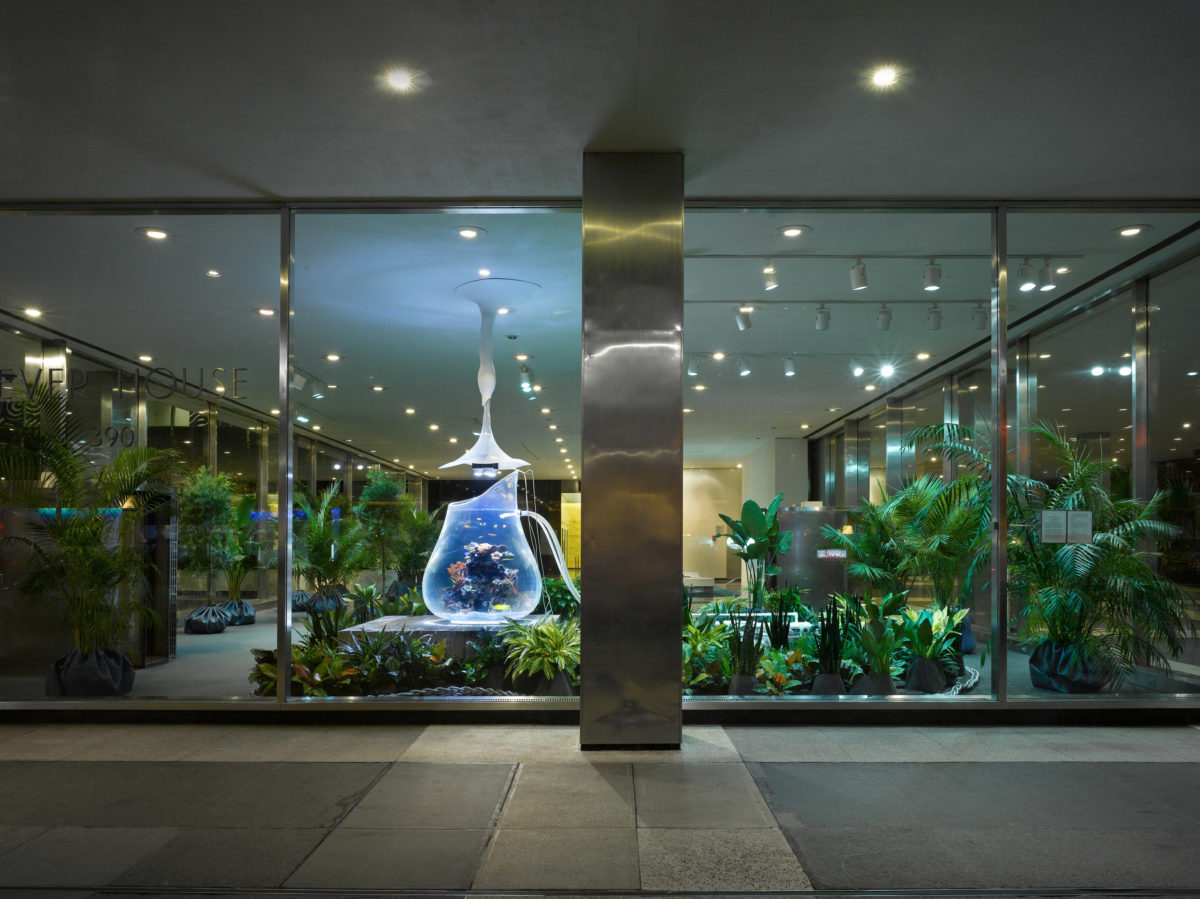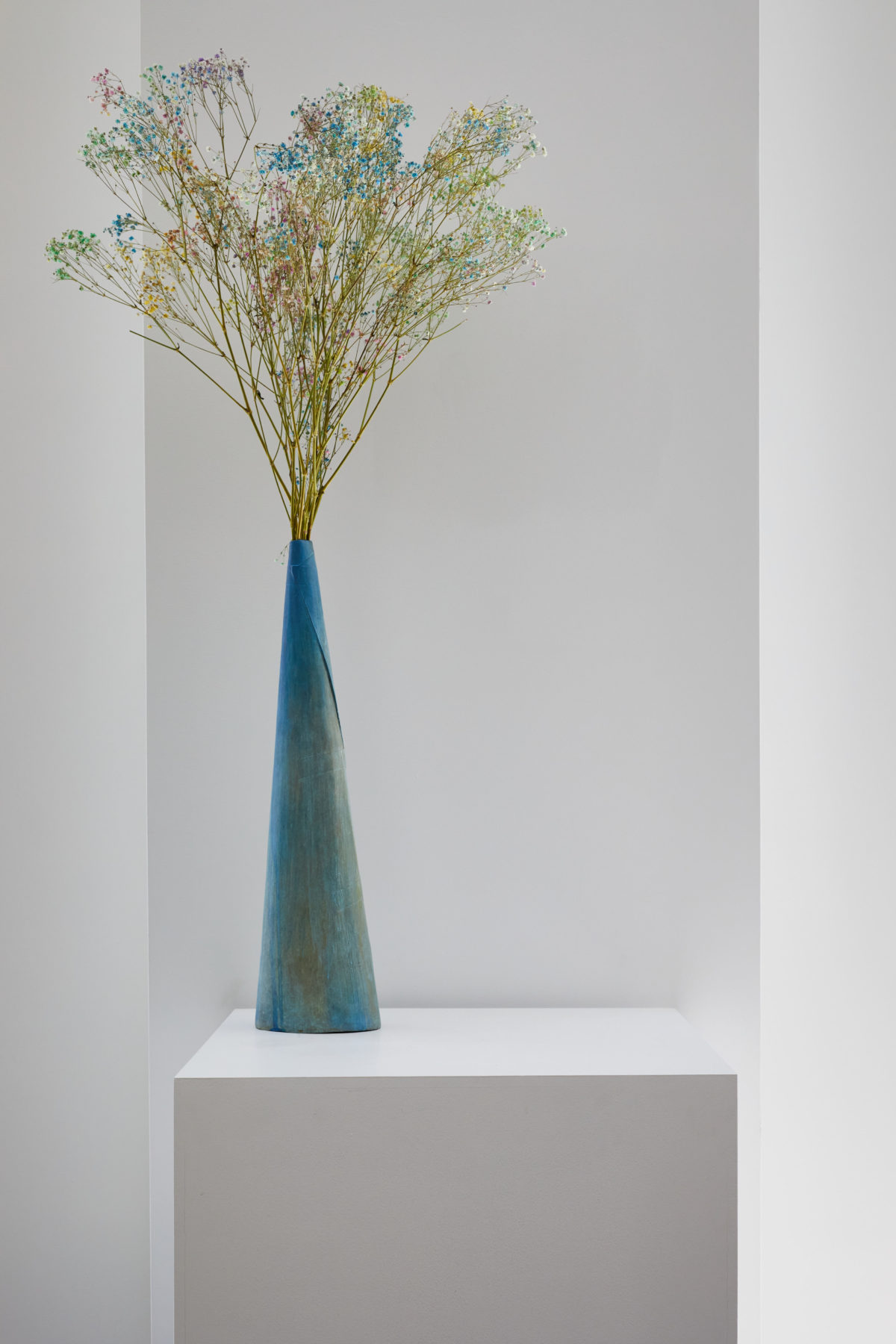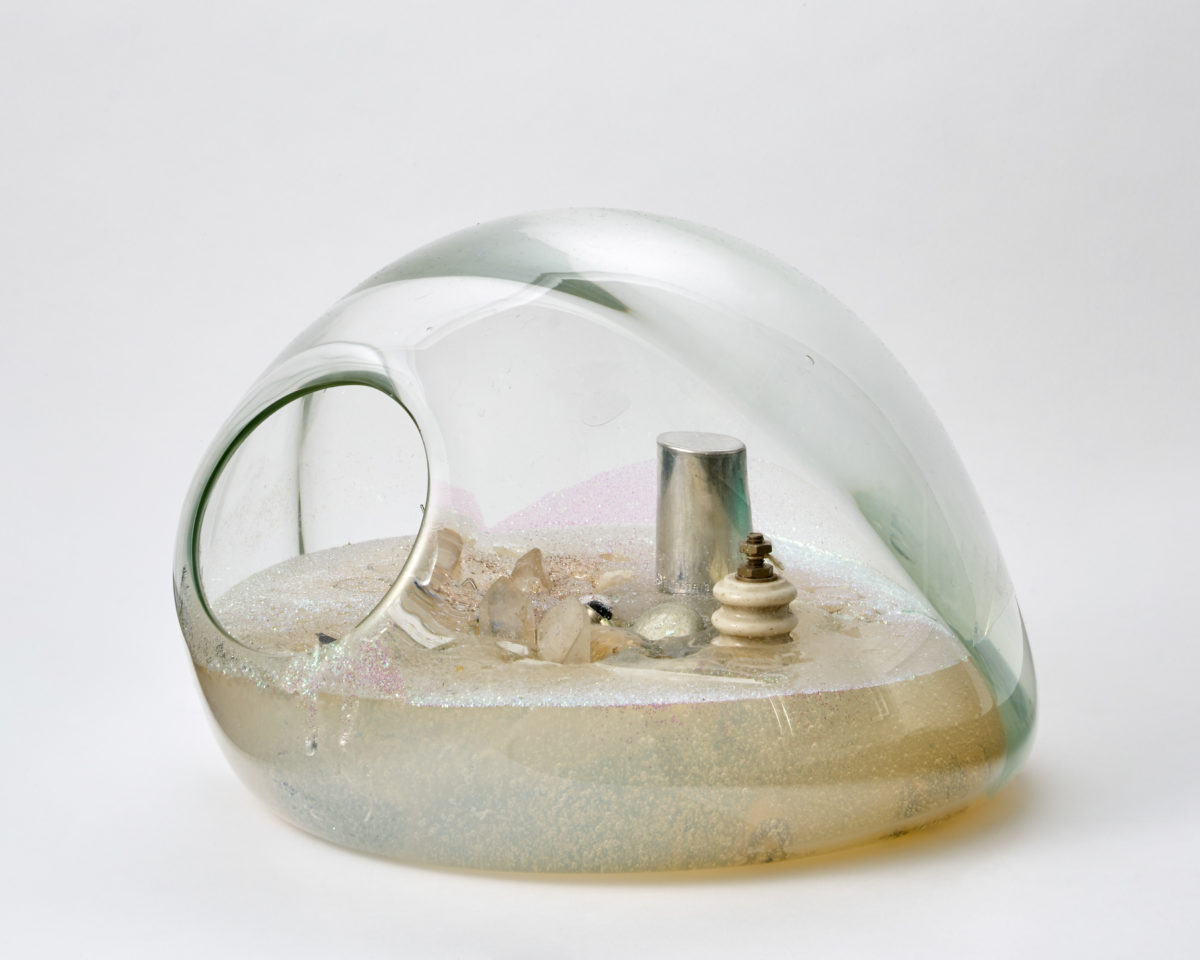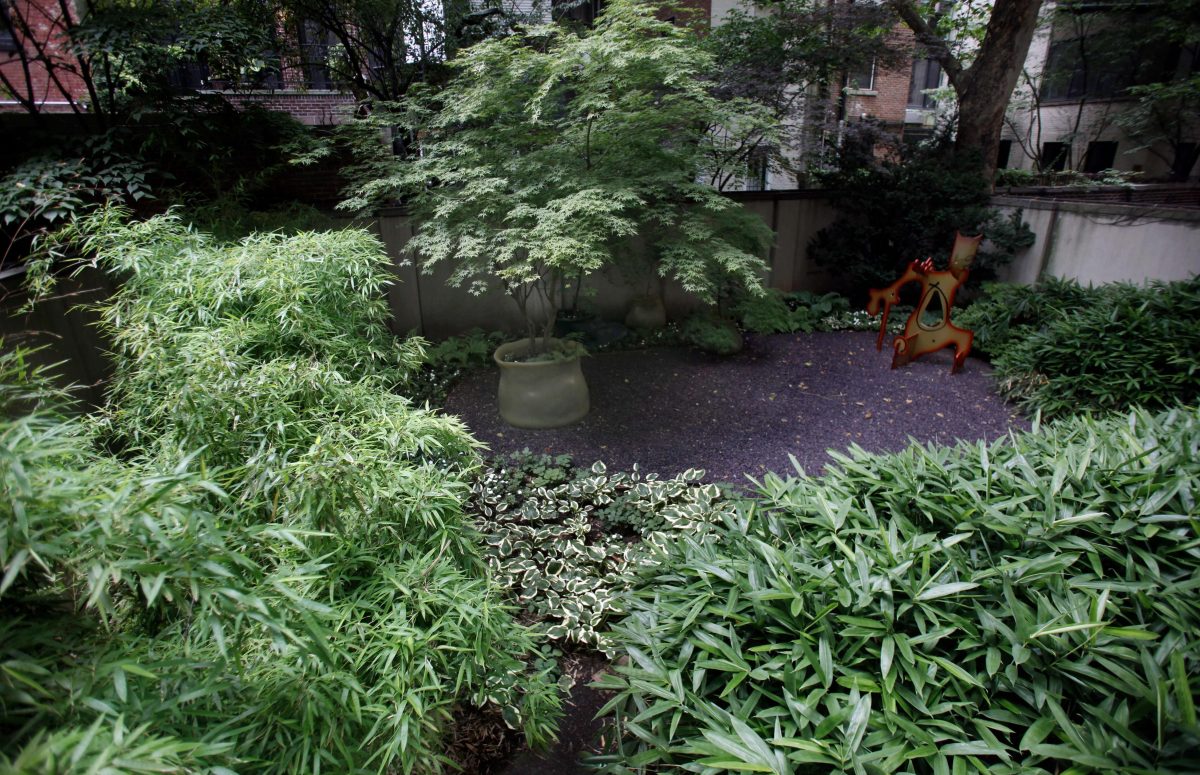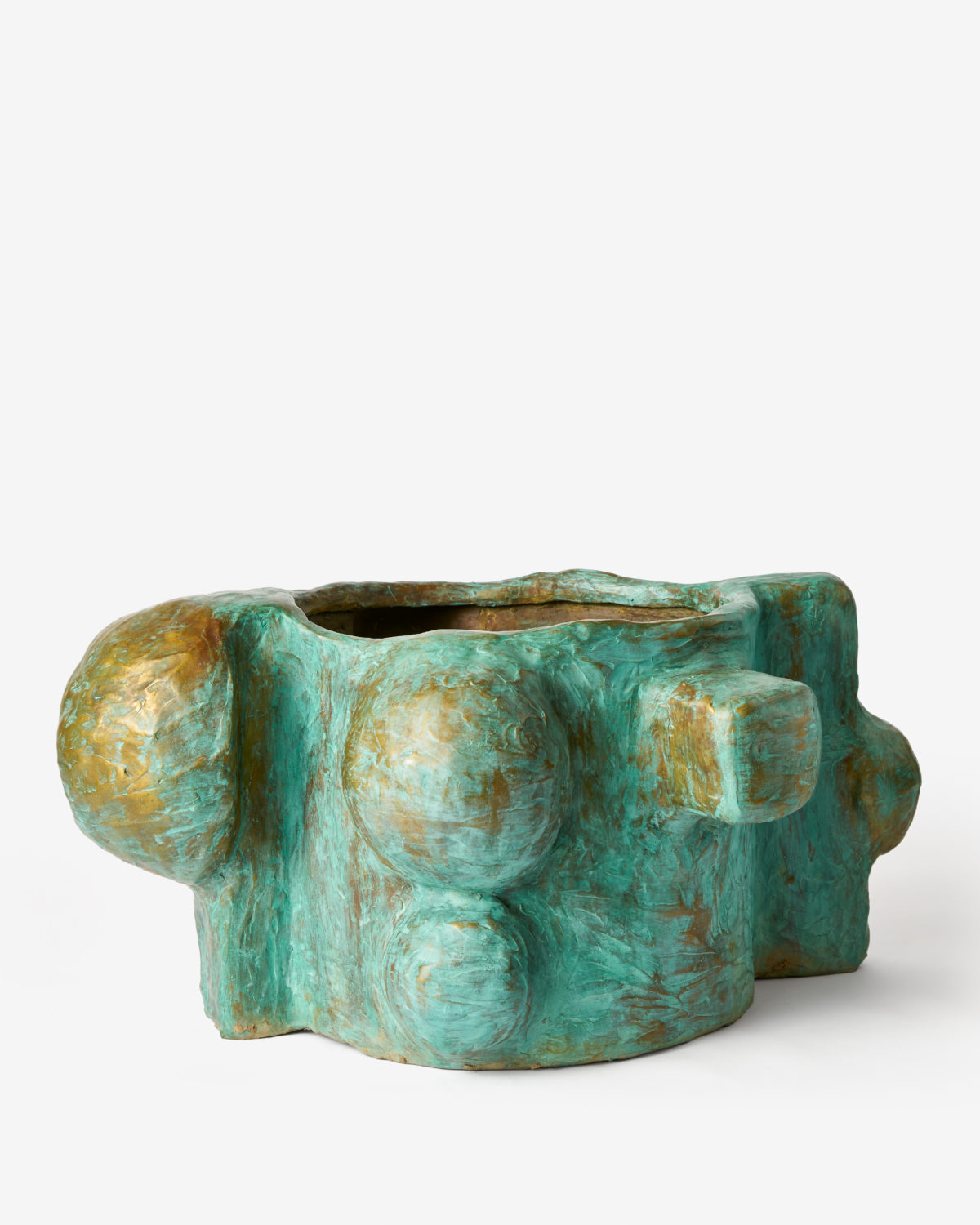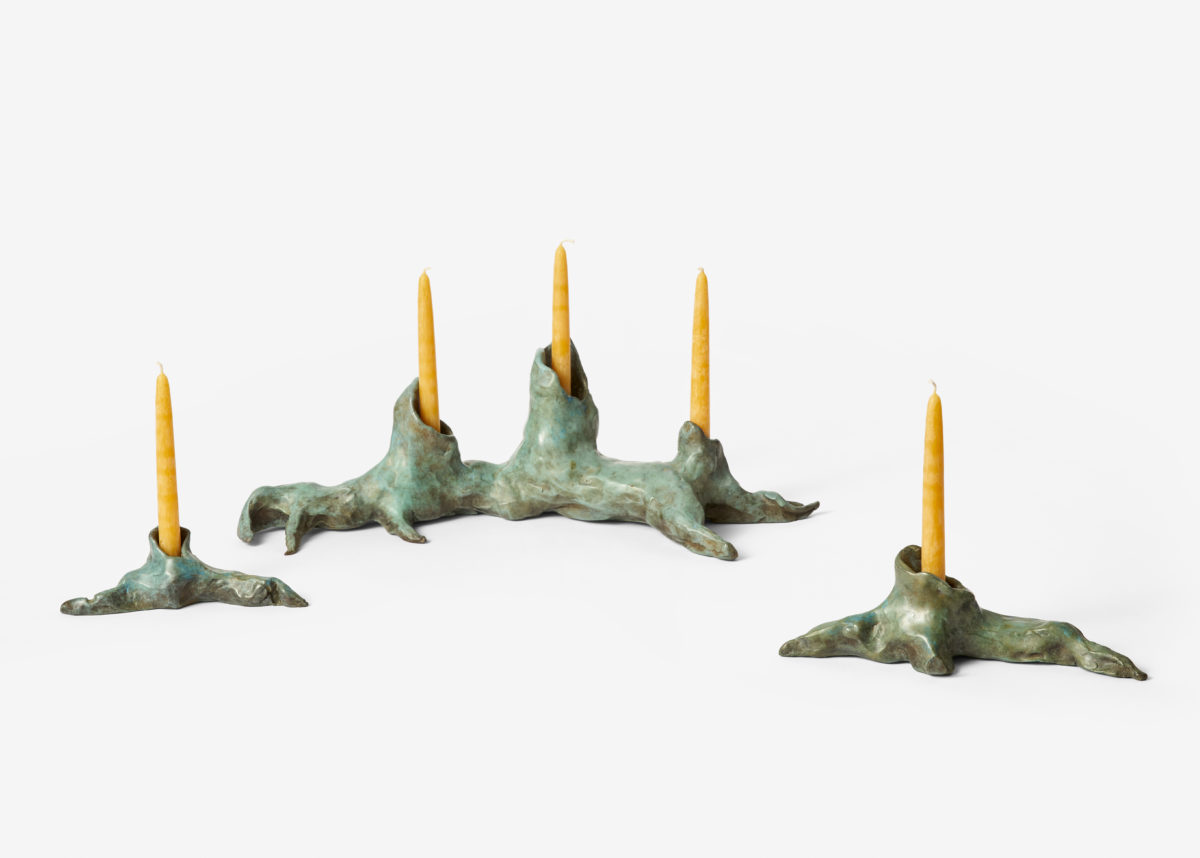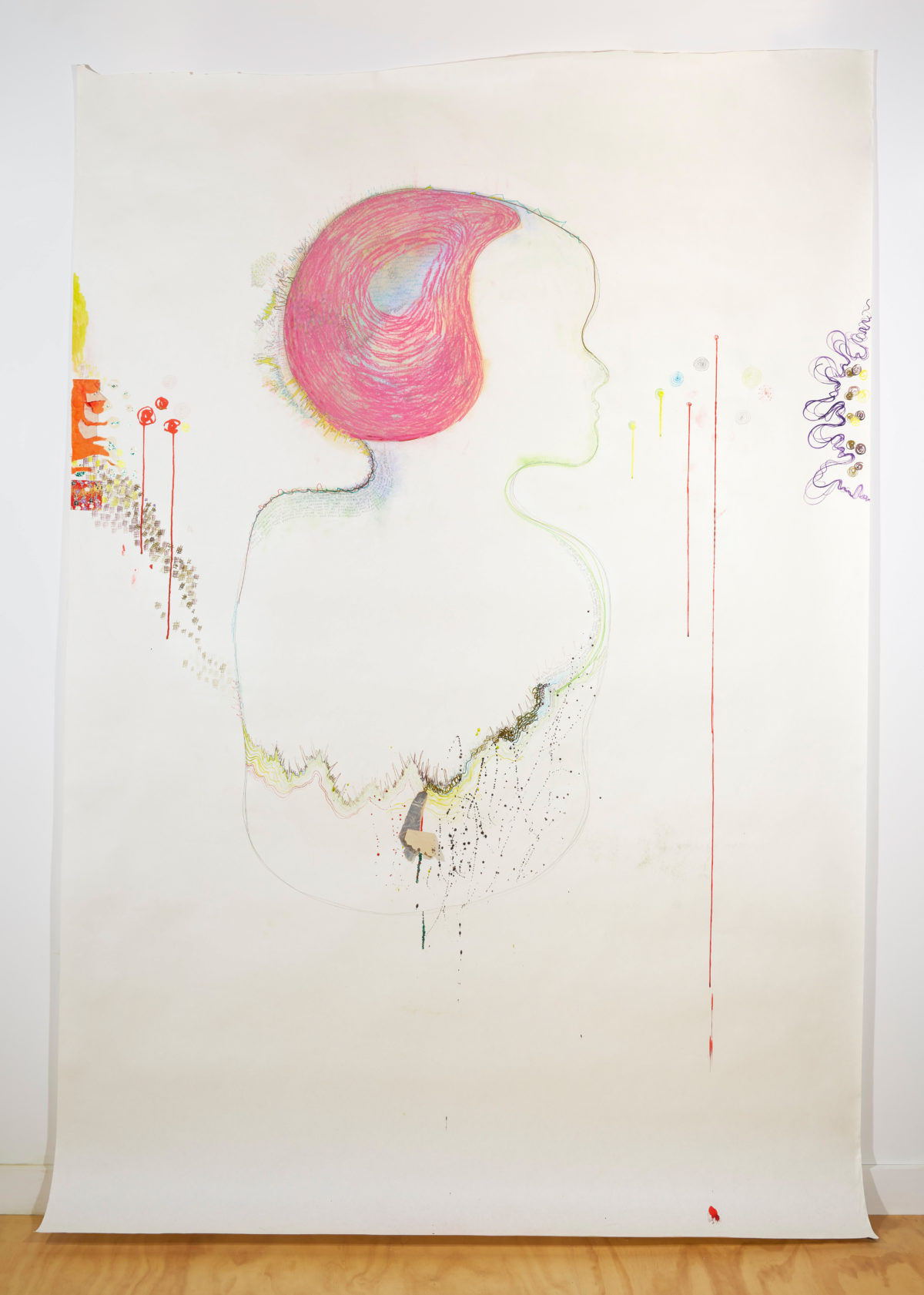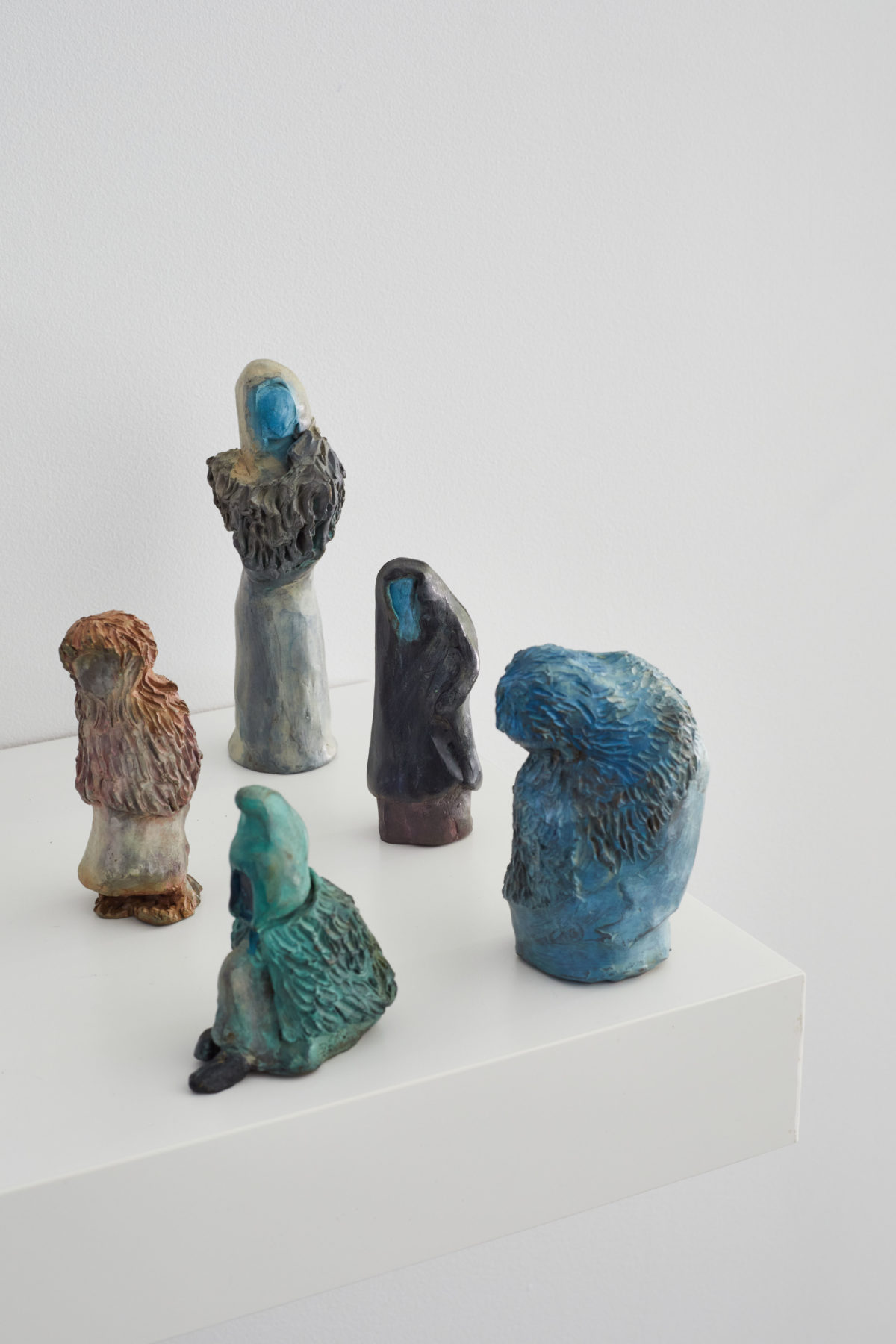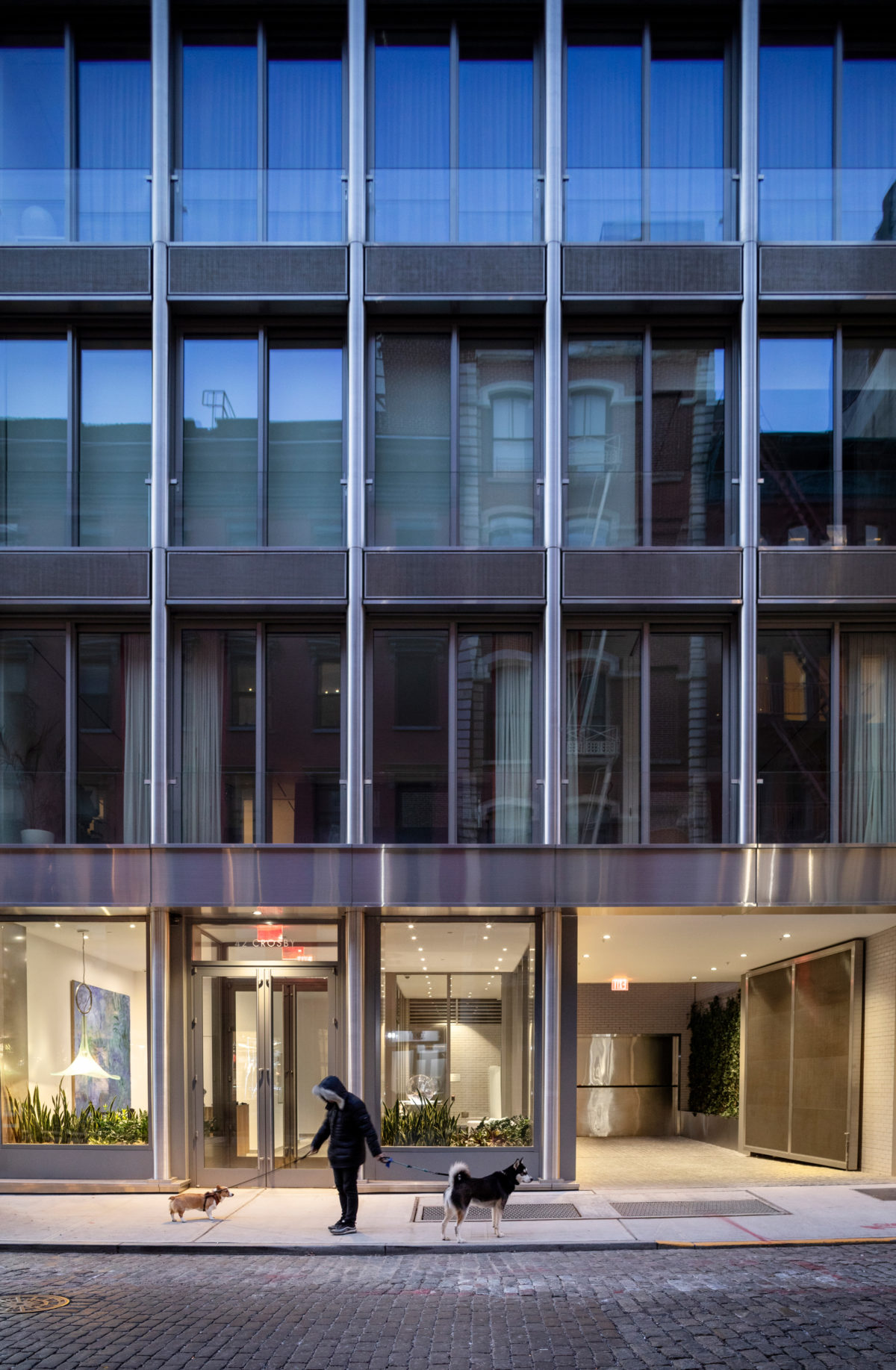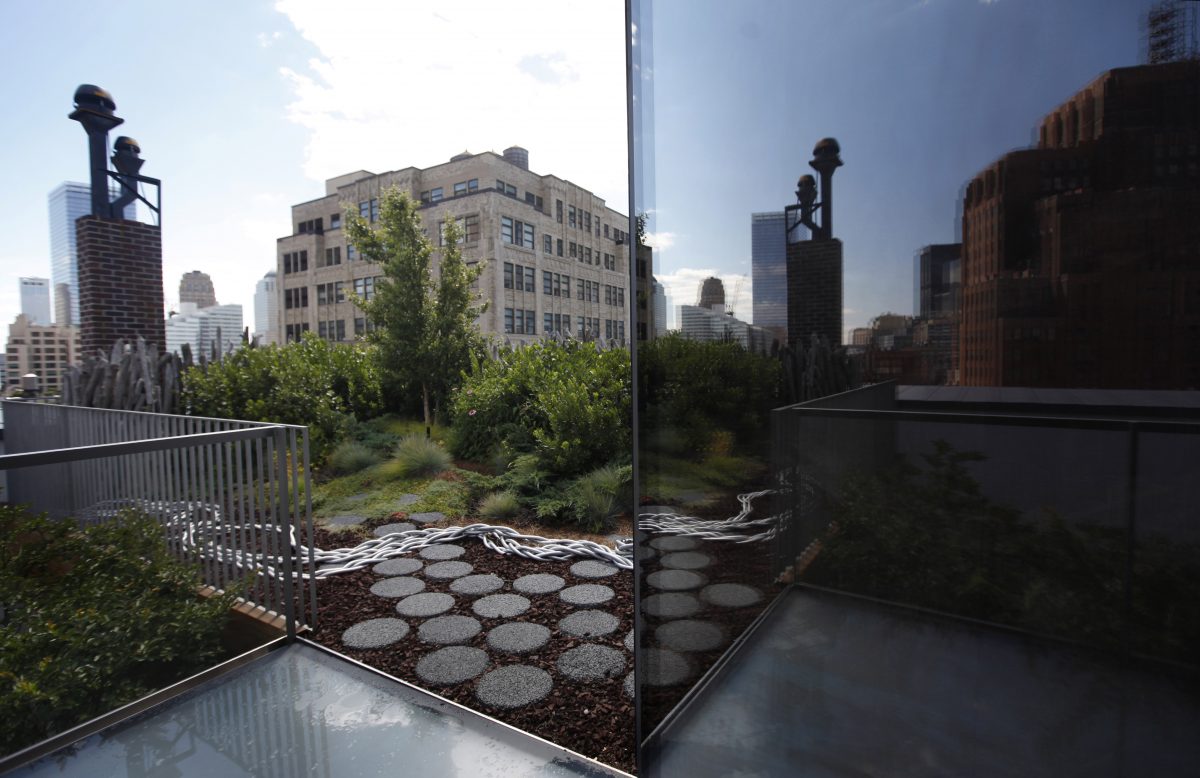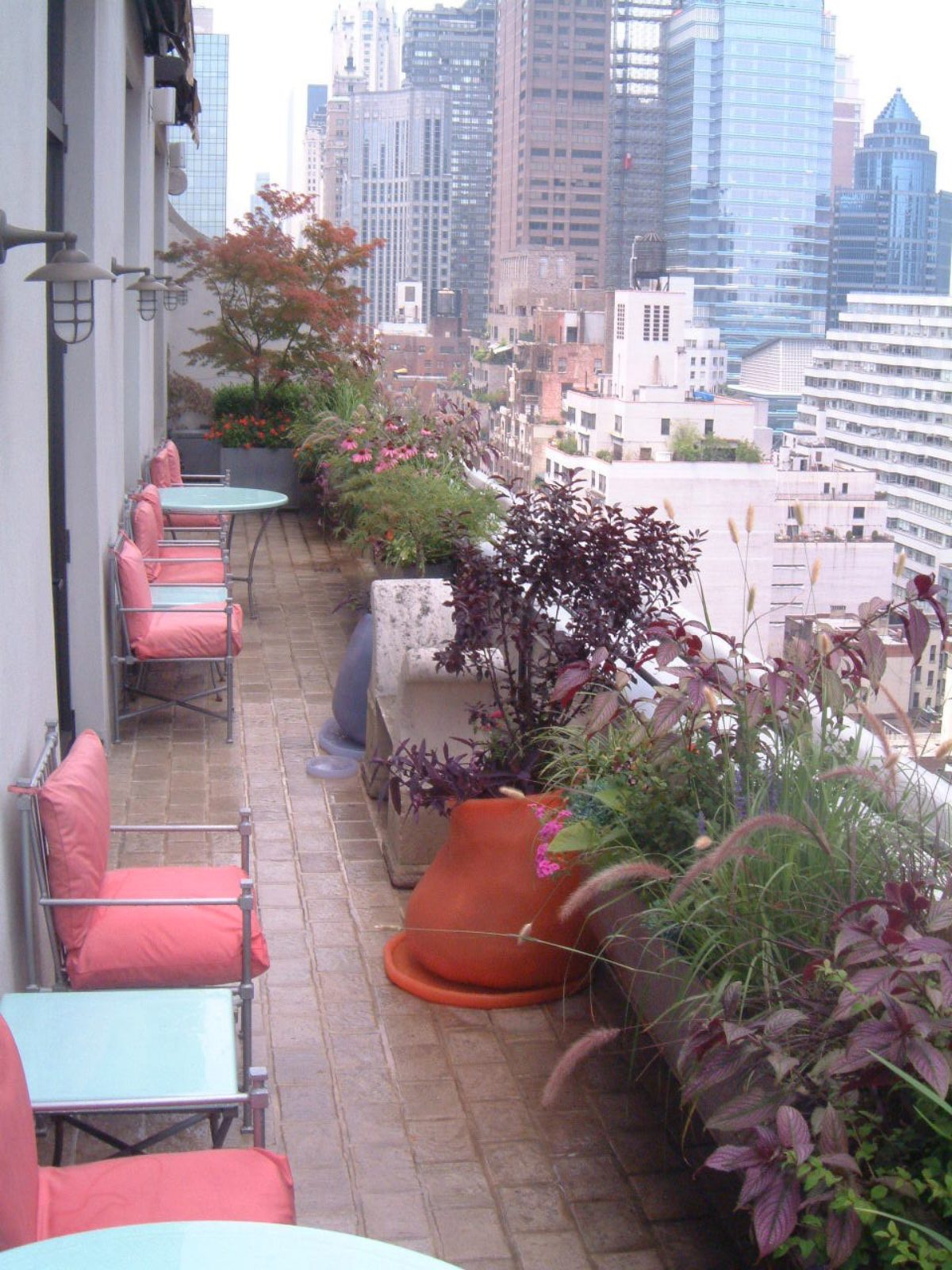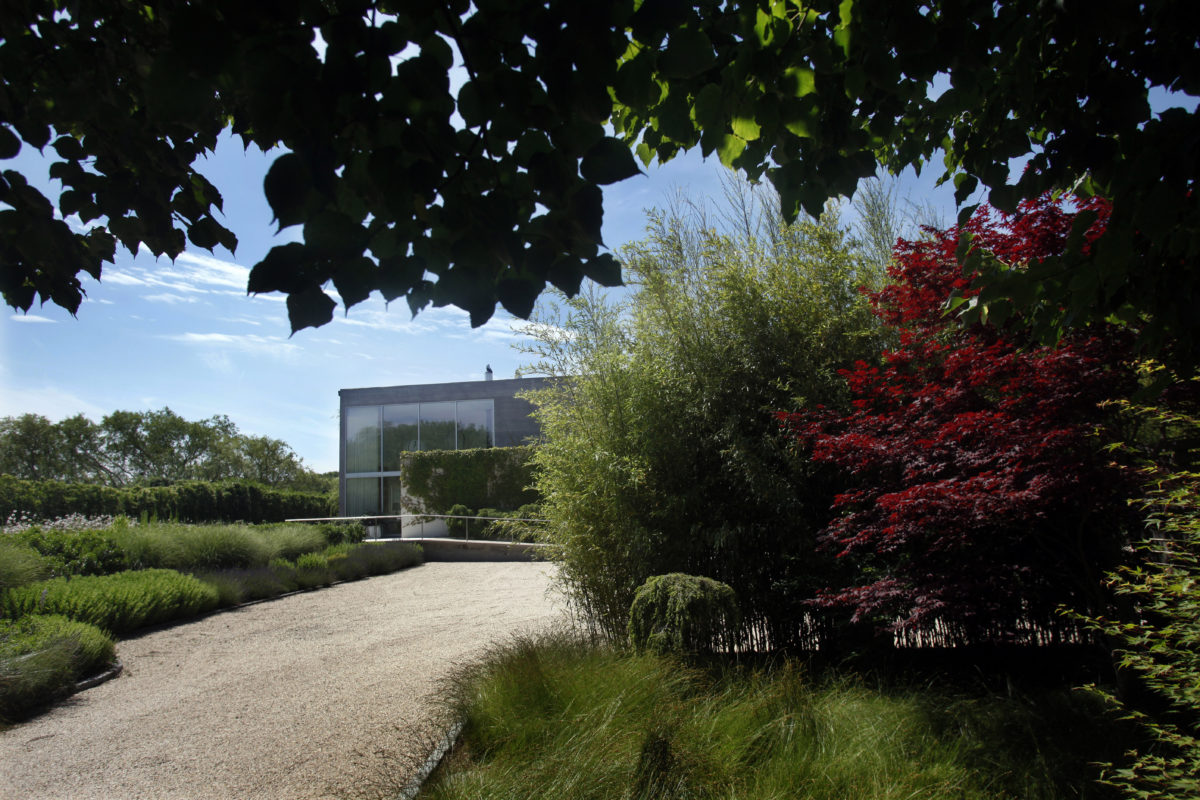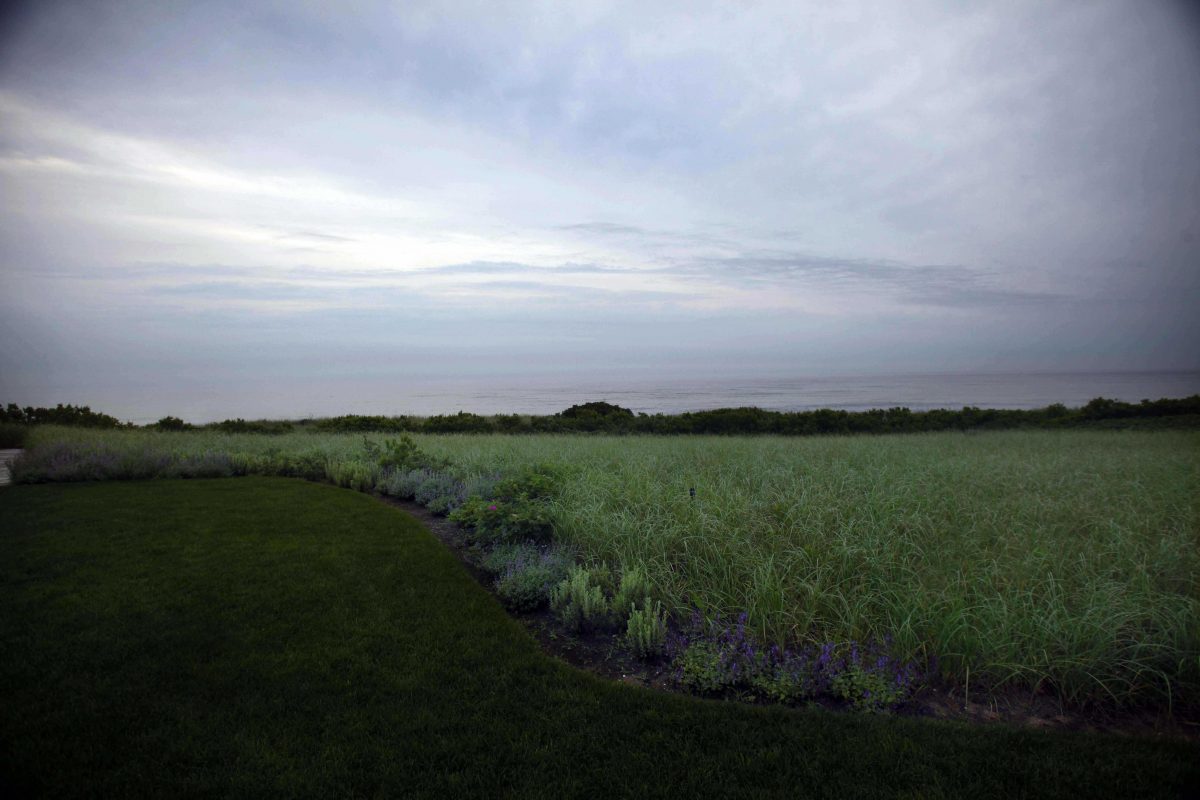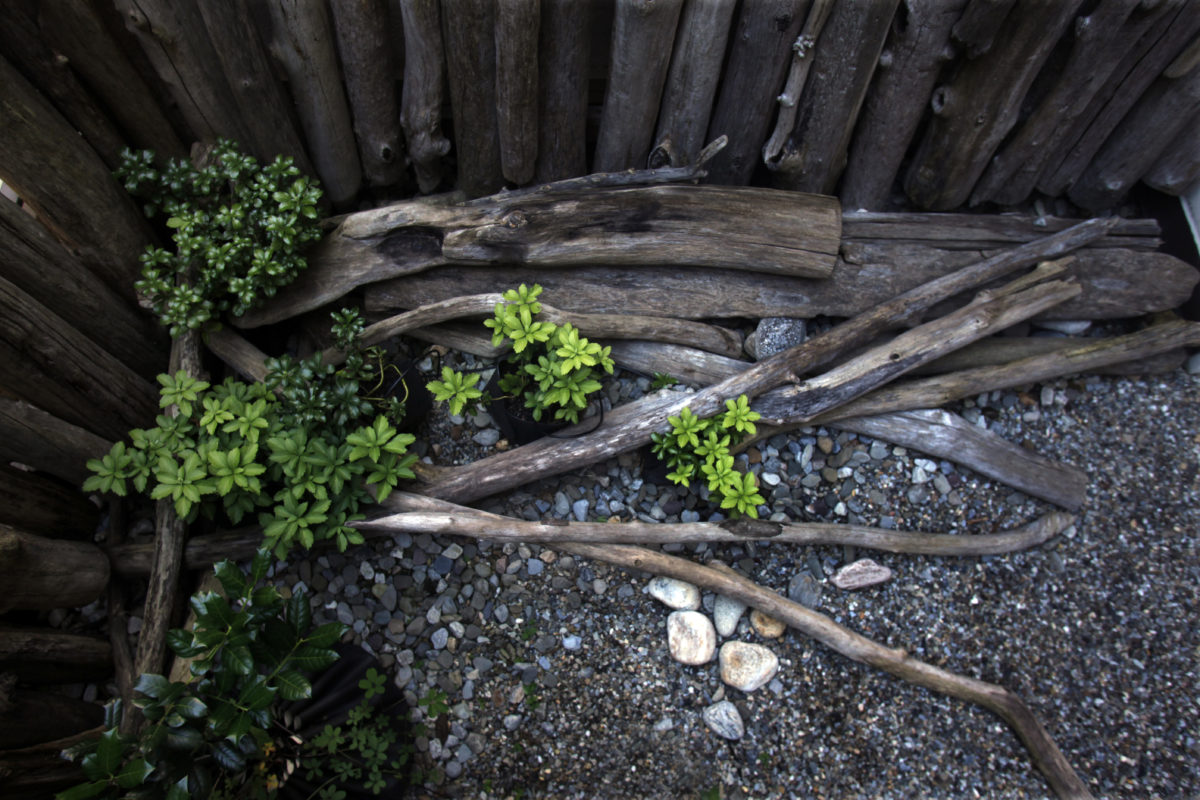Plastigiveness 2024
I wonder, do we secretly love plastic? The way we use it, we act as if it's perfect. Plastic is dependable, often strong, and so smooth. Sunlight frequently passes through it, bestowing radiant and gleaming effects. From miniature containers to massive vessels, plastic reliably encases, wraps, or nets our food, Plastic promises solutions for life with ease and comfort—in many ways it emerges as a cherished material, despite the simultaneous repulsion we say we feel for it. I don't have to rummage around in the statistics about The Great Pacific Garbage Patch to disrupt any mysterious comfort feelings plastic might produce. The very suggestion we are in love with plastic is cringe-inducing and sufficient to illustrate how complex our relationship is with our plastic addiction. In his 1957 work Mythologies, Roland Barthes described plastic as "an essentially alchemical substance." The seemingly boundless utility of plastic carried with it a Utopian mid-twentieth-century promise, suggesting it could offer blissful freedom. Confronting our denial about plastic starts, I believe, by recognizing how captivated we are by it not only as a material but also by the larger concept it represents: the notion of "throw-away"—though there is absolutely no away to throw it to. What if our fascination lies not just in the convenience of disposing of plastic, but in the symbolic act of discarding more than just the material itself. Could it be that we are, on a deep level, enamored with the existential idea of unburdening ourselves from parts of ourselves to the point of denying who we really are? We are creatures not only infused with microplastics, we are also filled with love-hate-relationships. We are conflicted about our phones and computers also, as we disembody ourselves through them. Imagine if the discordant relationship to plastic were to become accepted as intrinsically who we are. Could we also accept the discord as part of dynamic forces that animate us and perhaps profoundly connect us to the Earth? What if by embracing these elementally paradoxical aspects of ourselves, we began to fundamentally change how we approach the plastic catastrophe. Further, can we look at something so potentially shattering, through art, as a welcome and curious new aesthetic?

